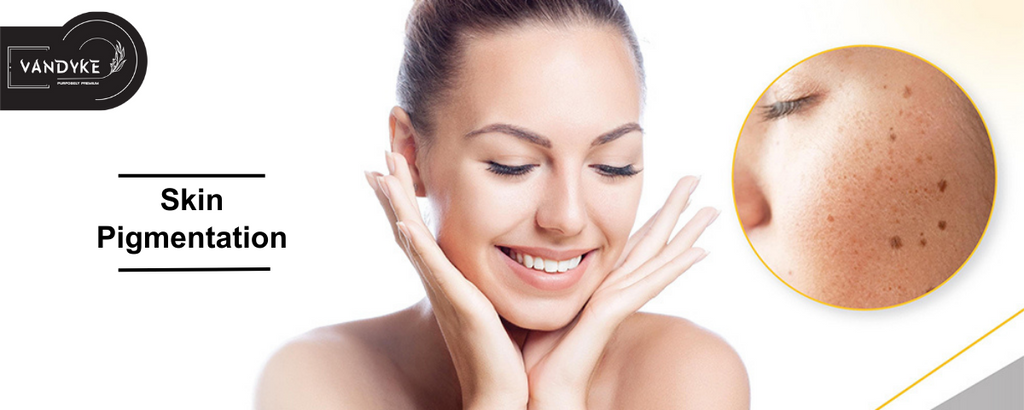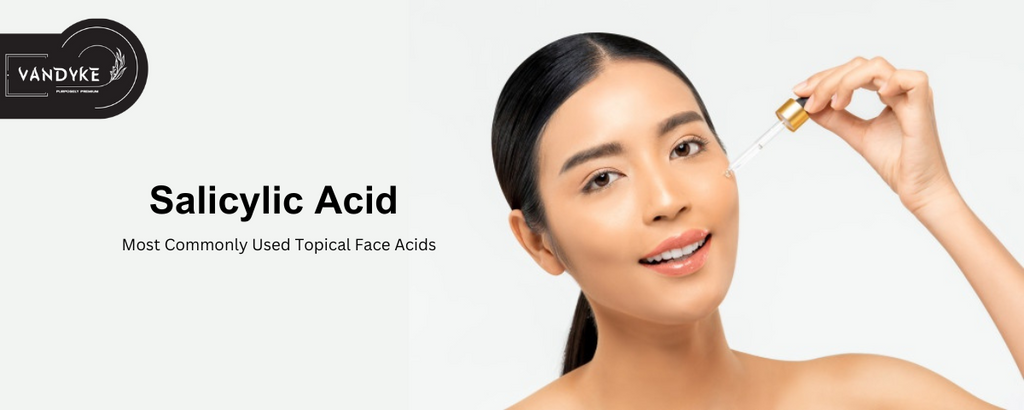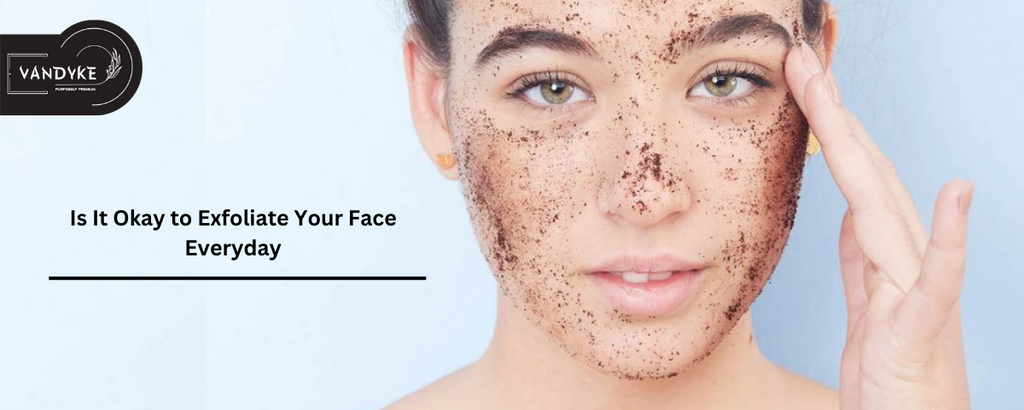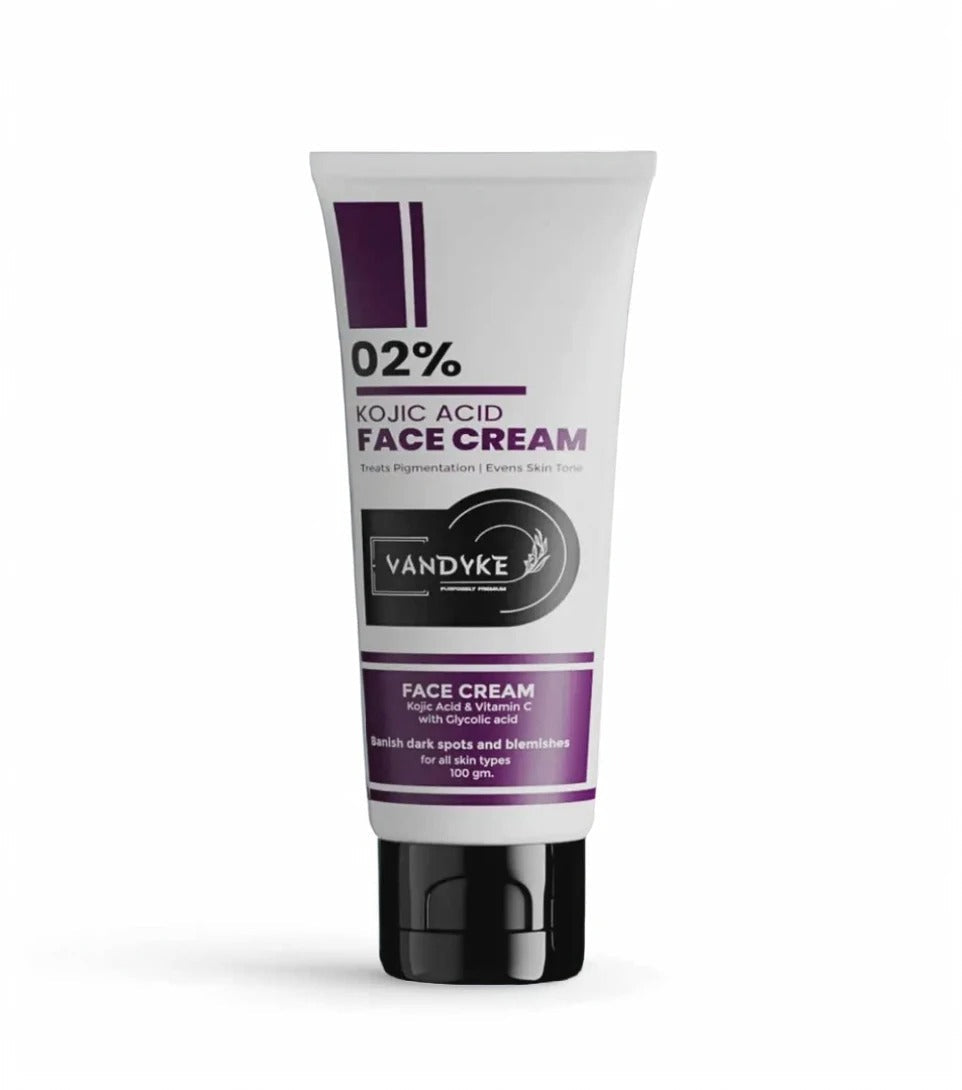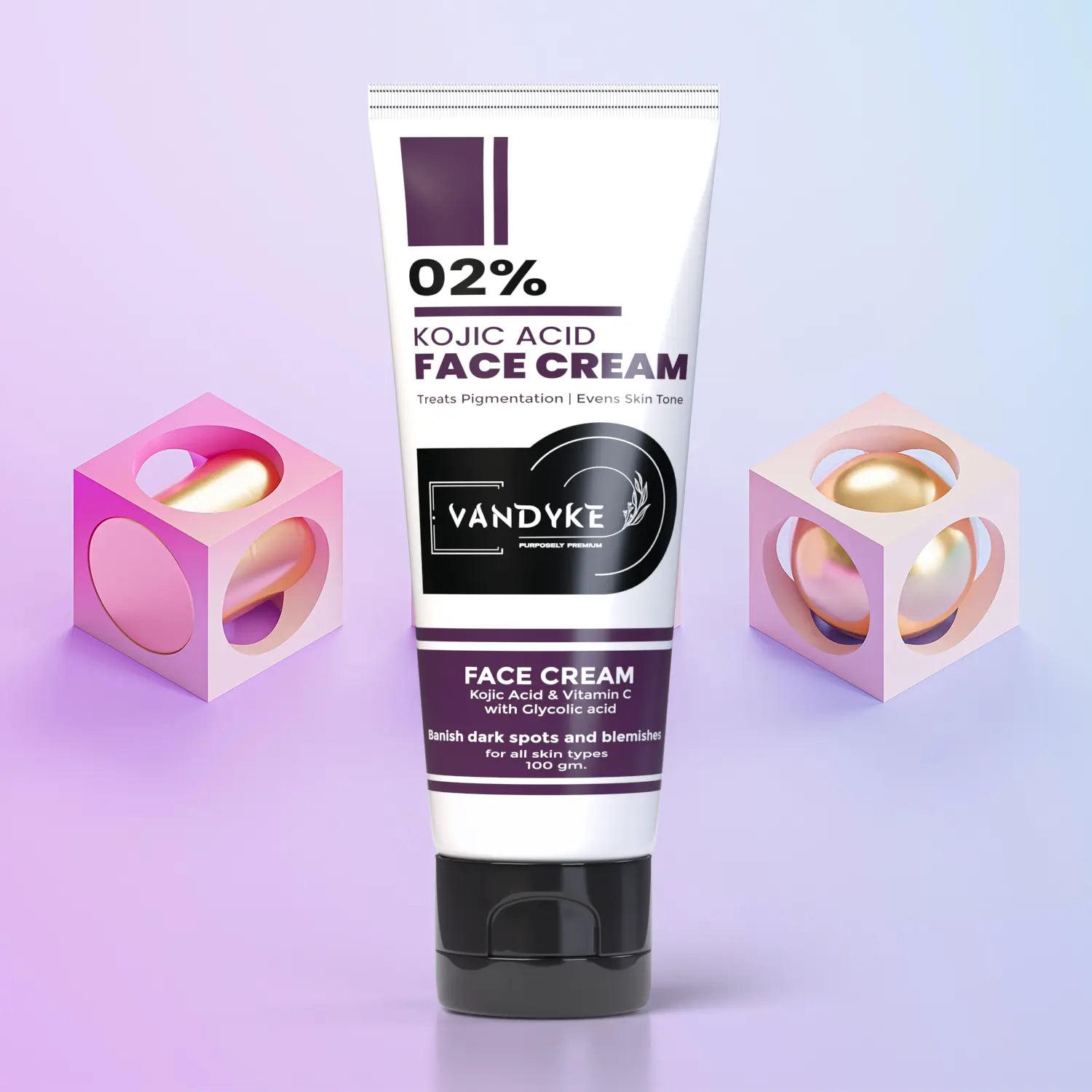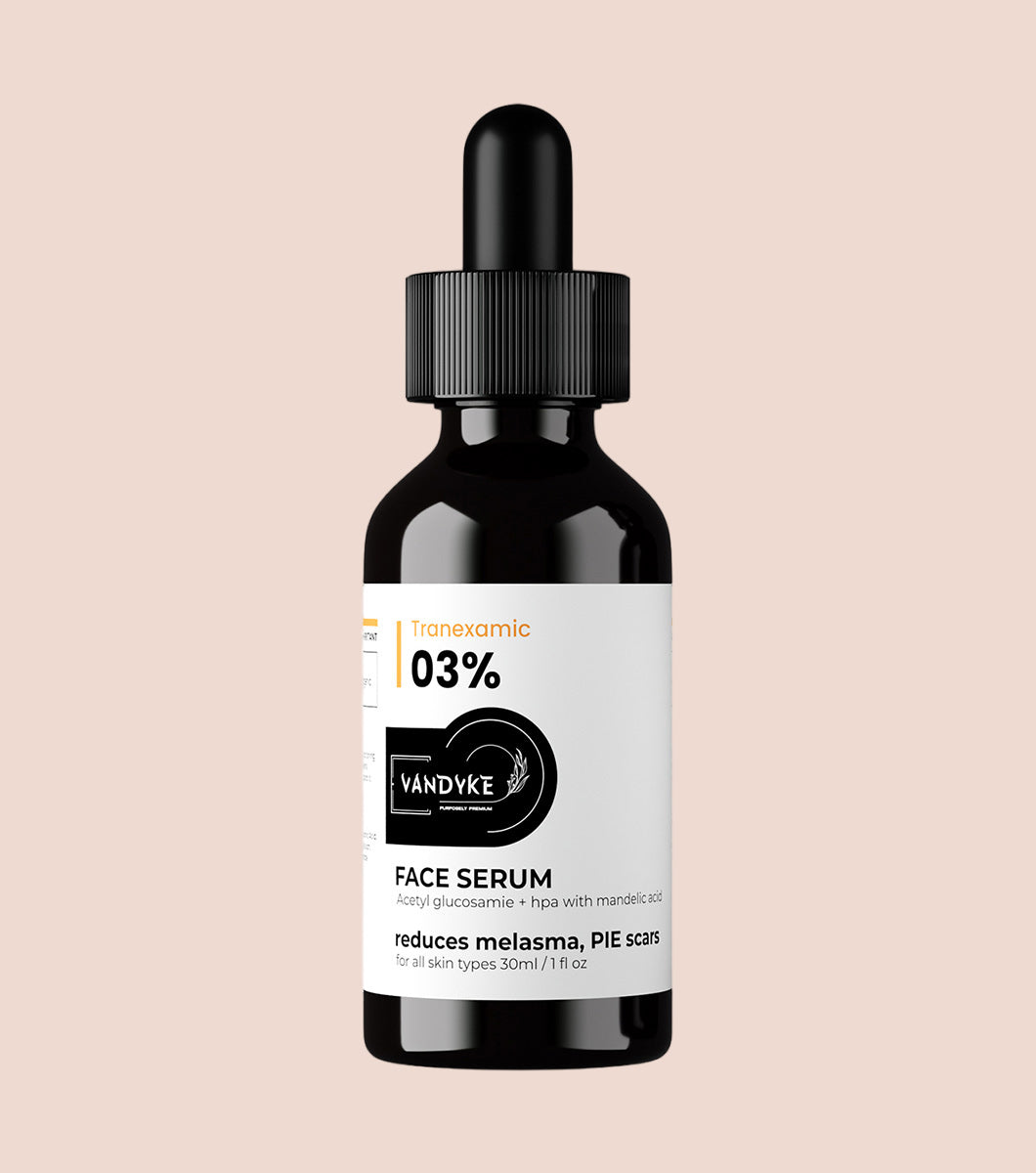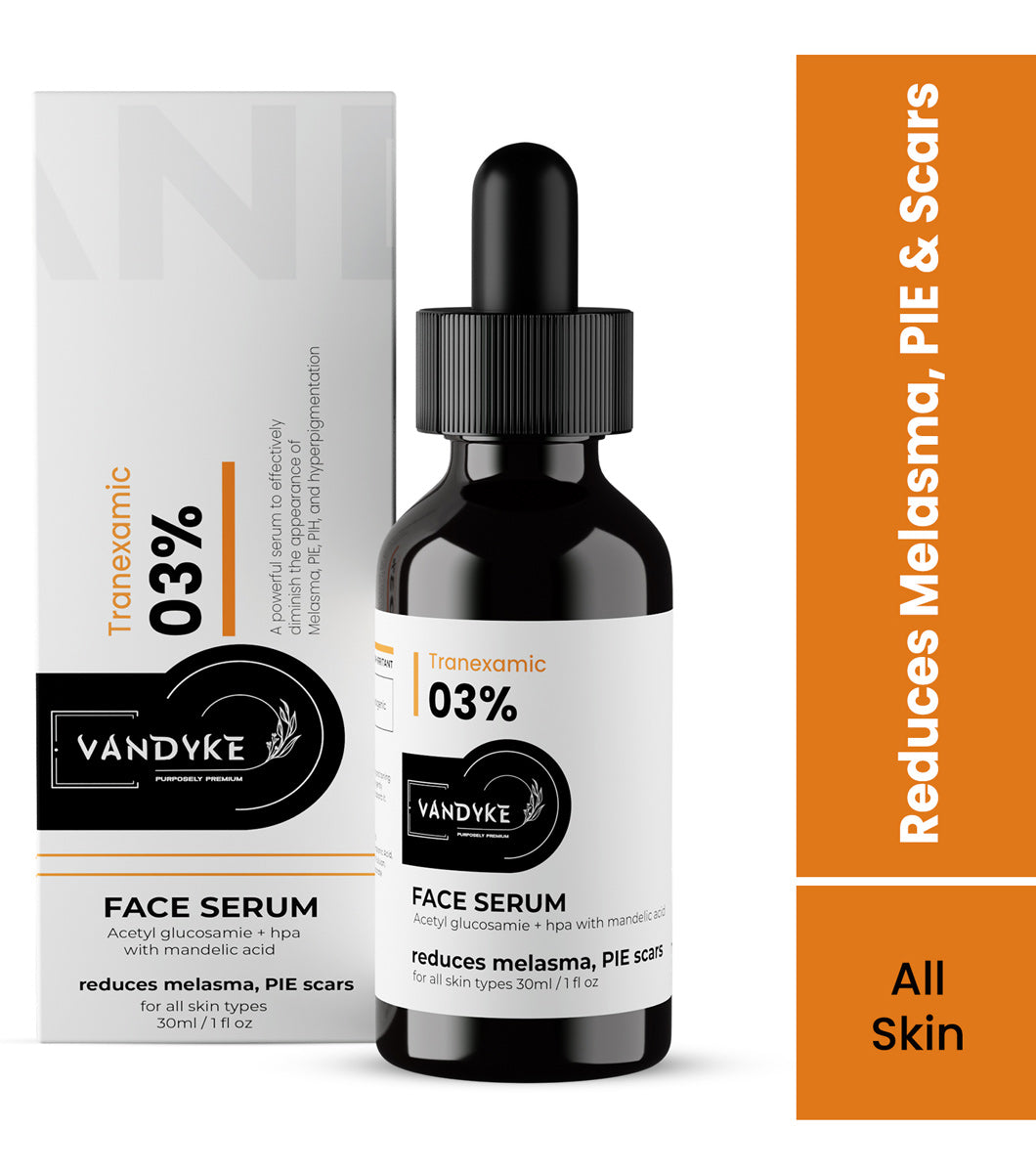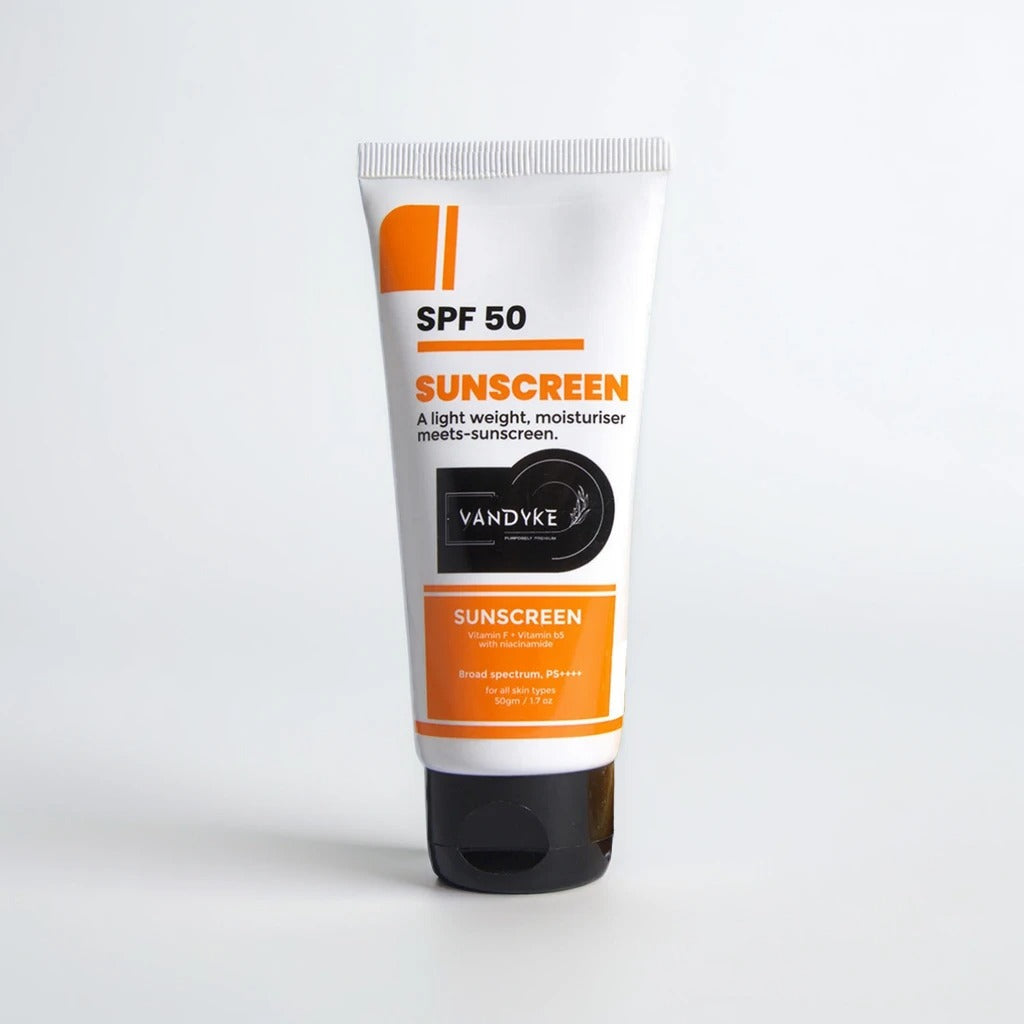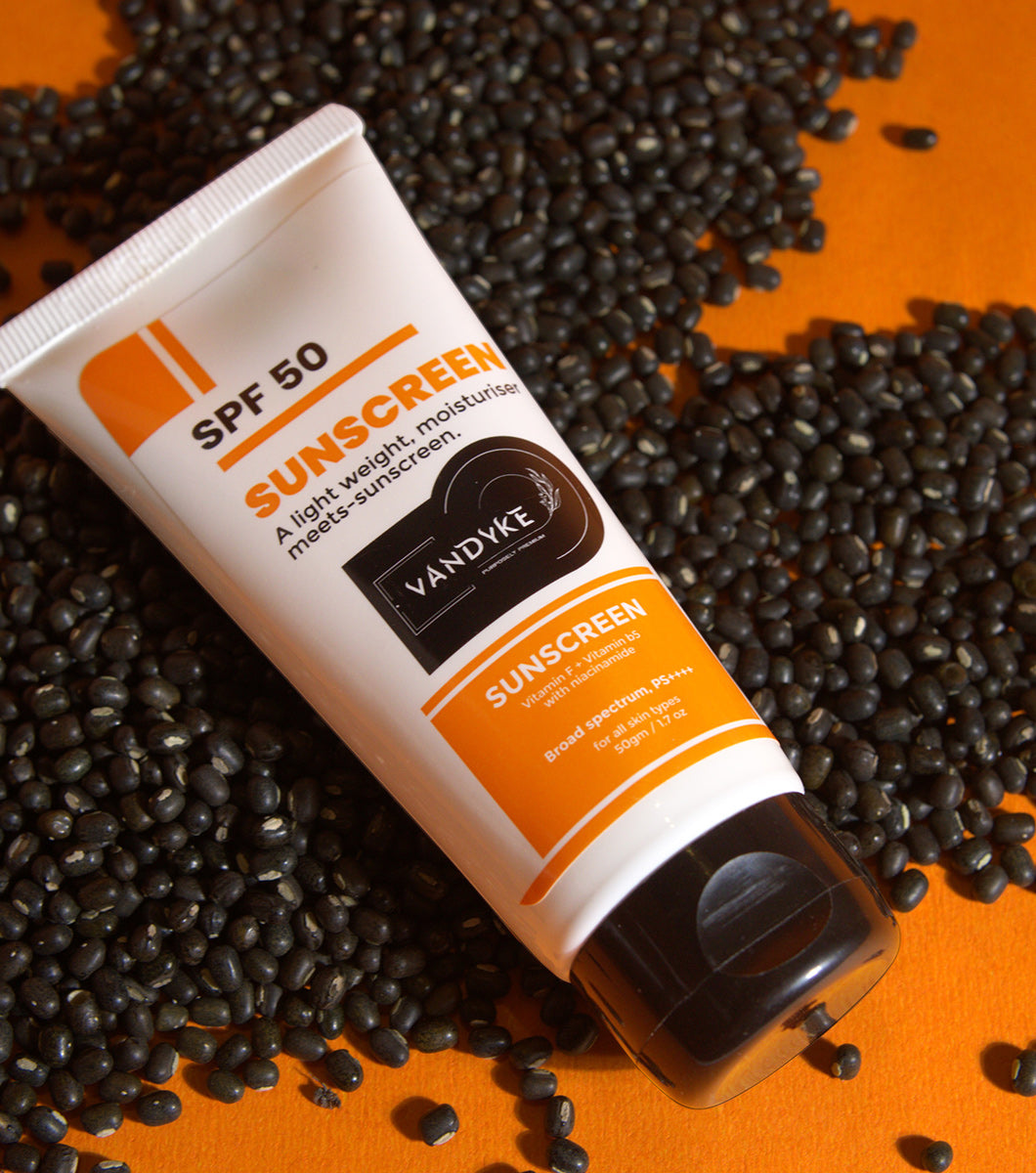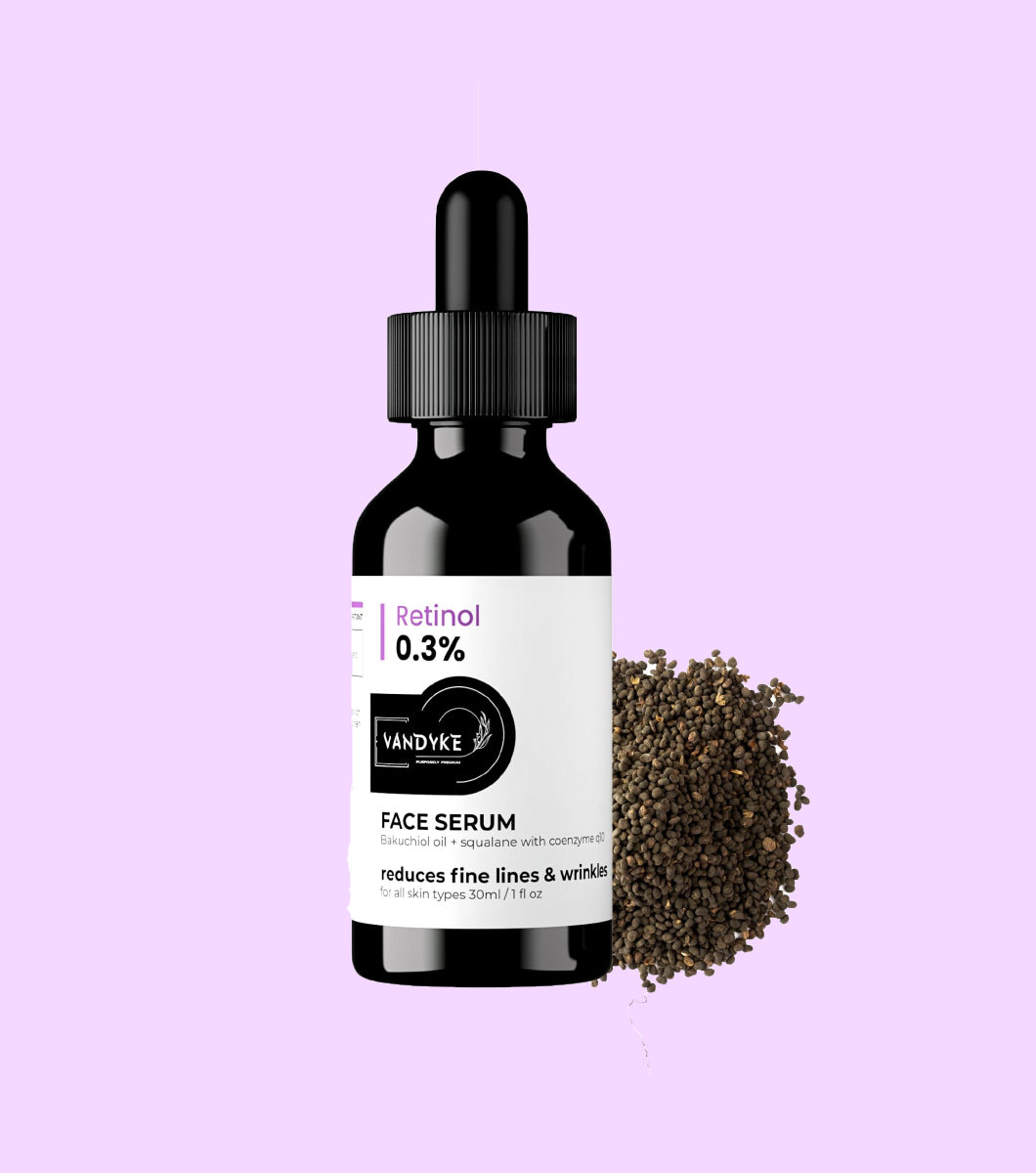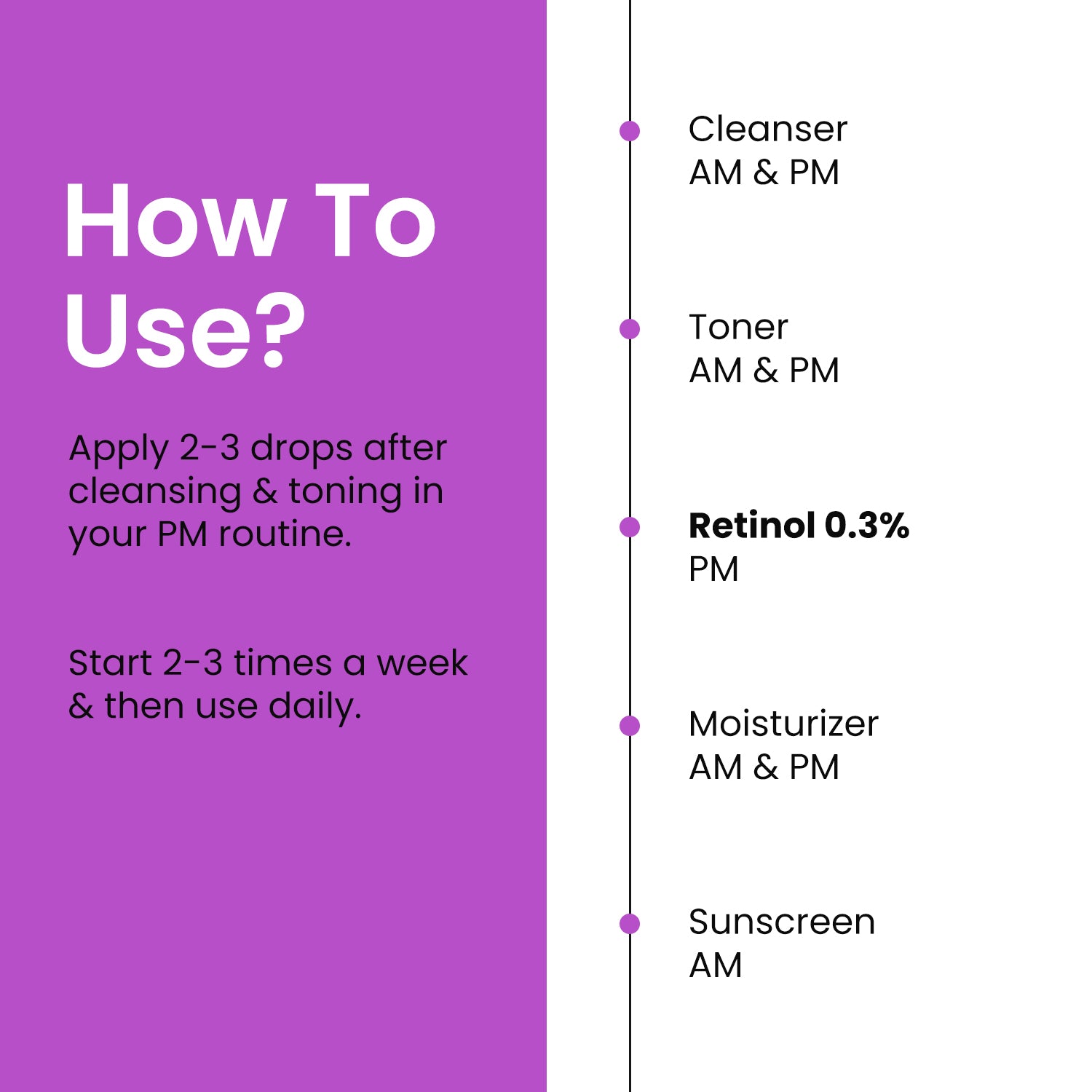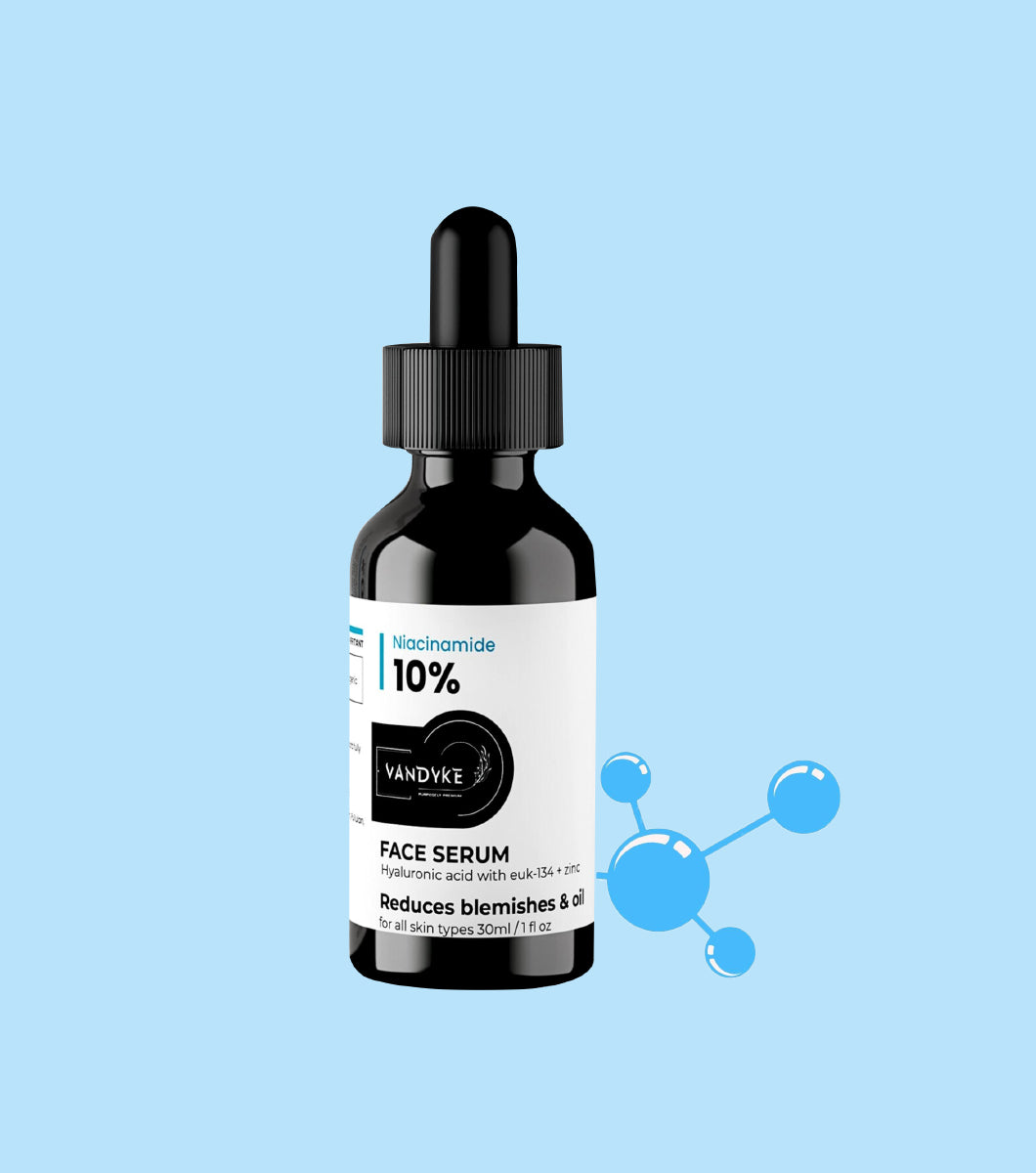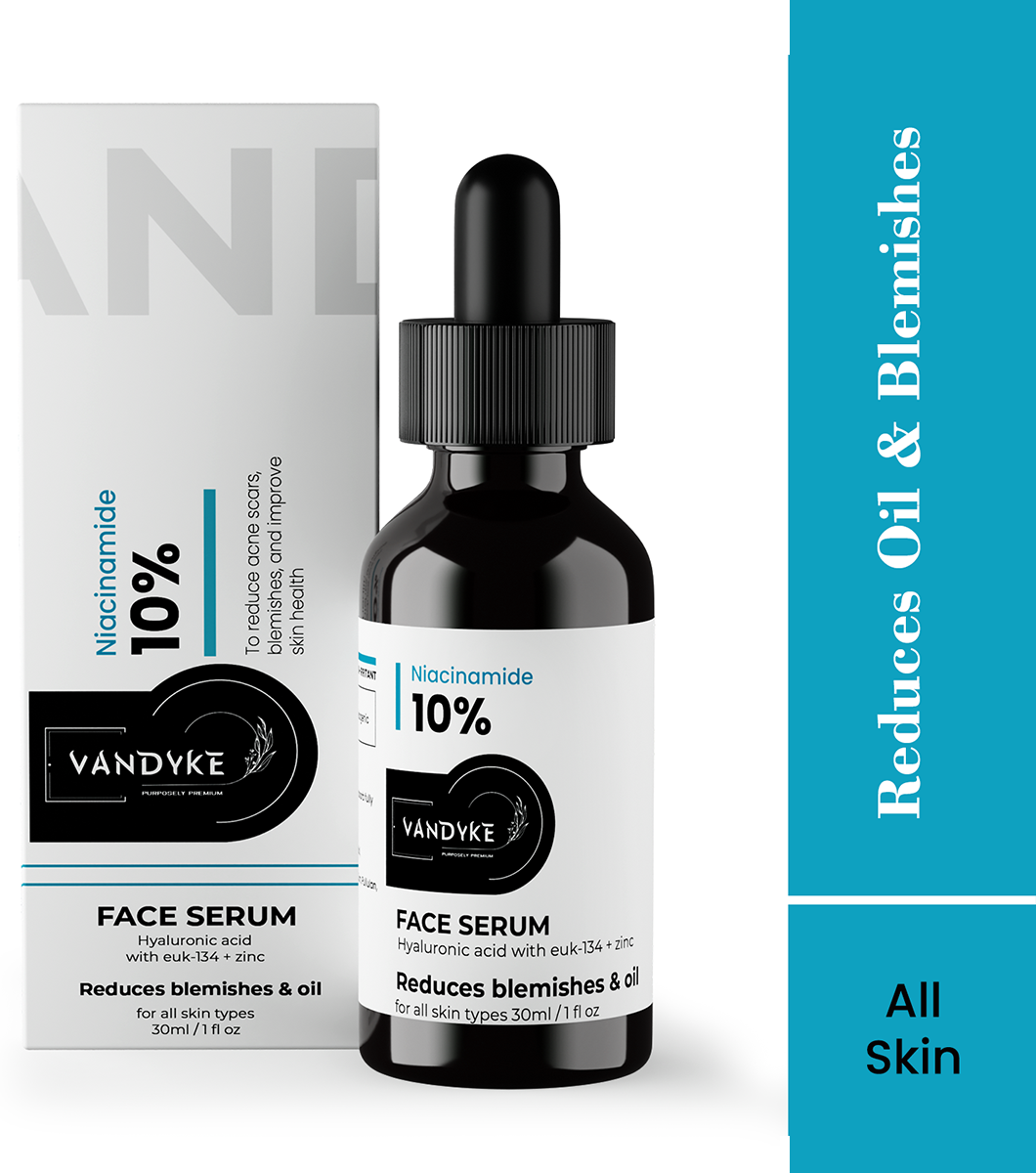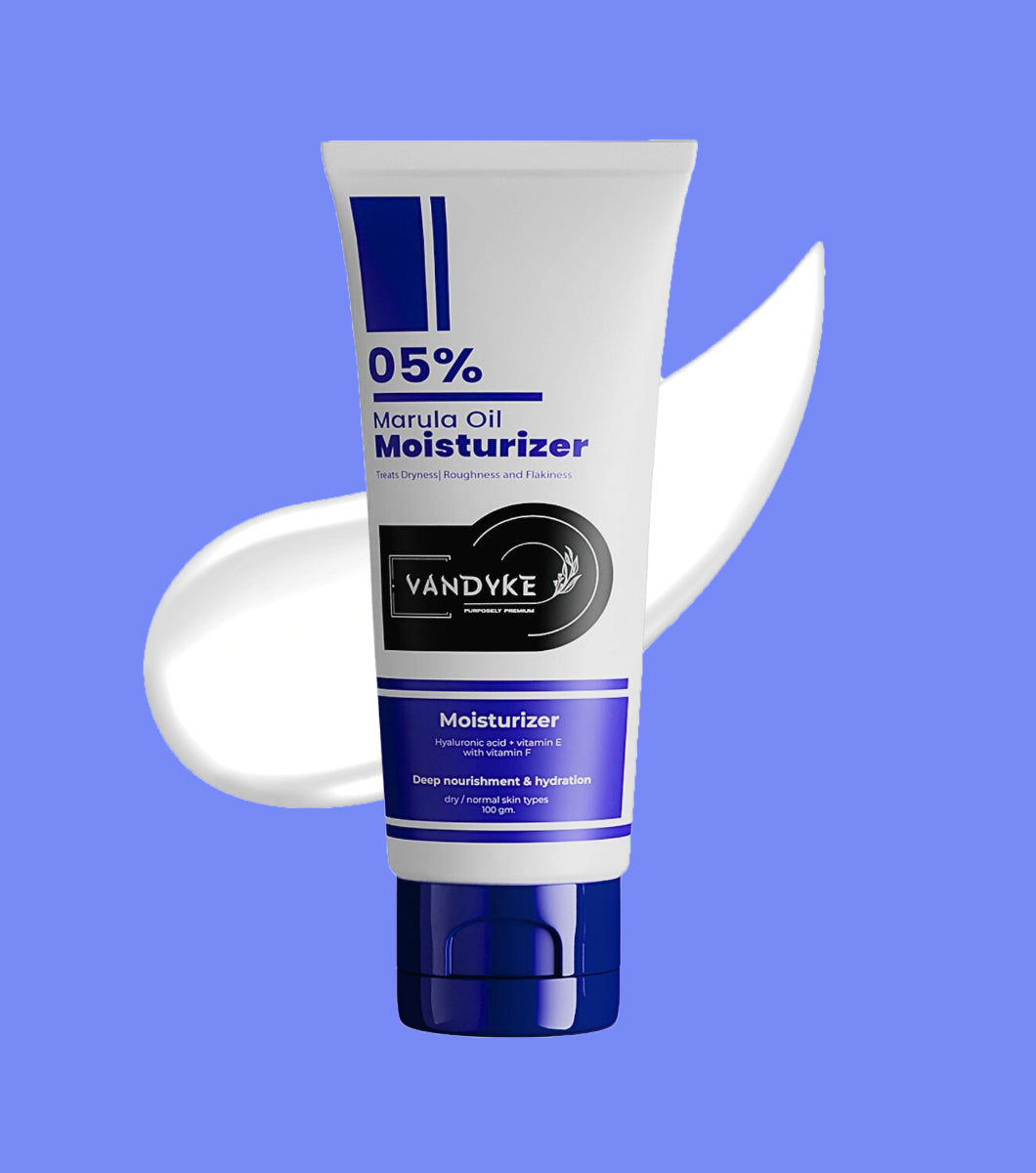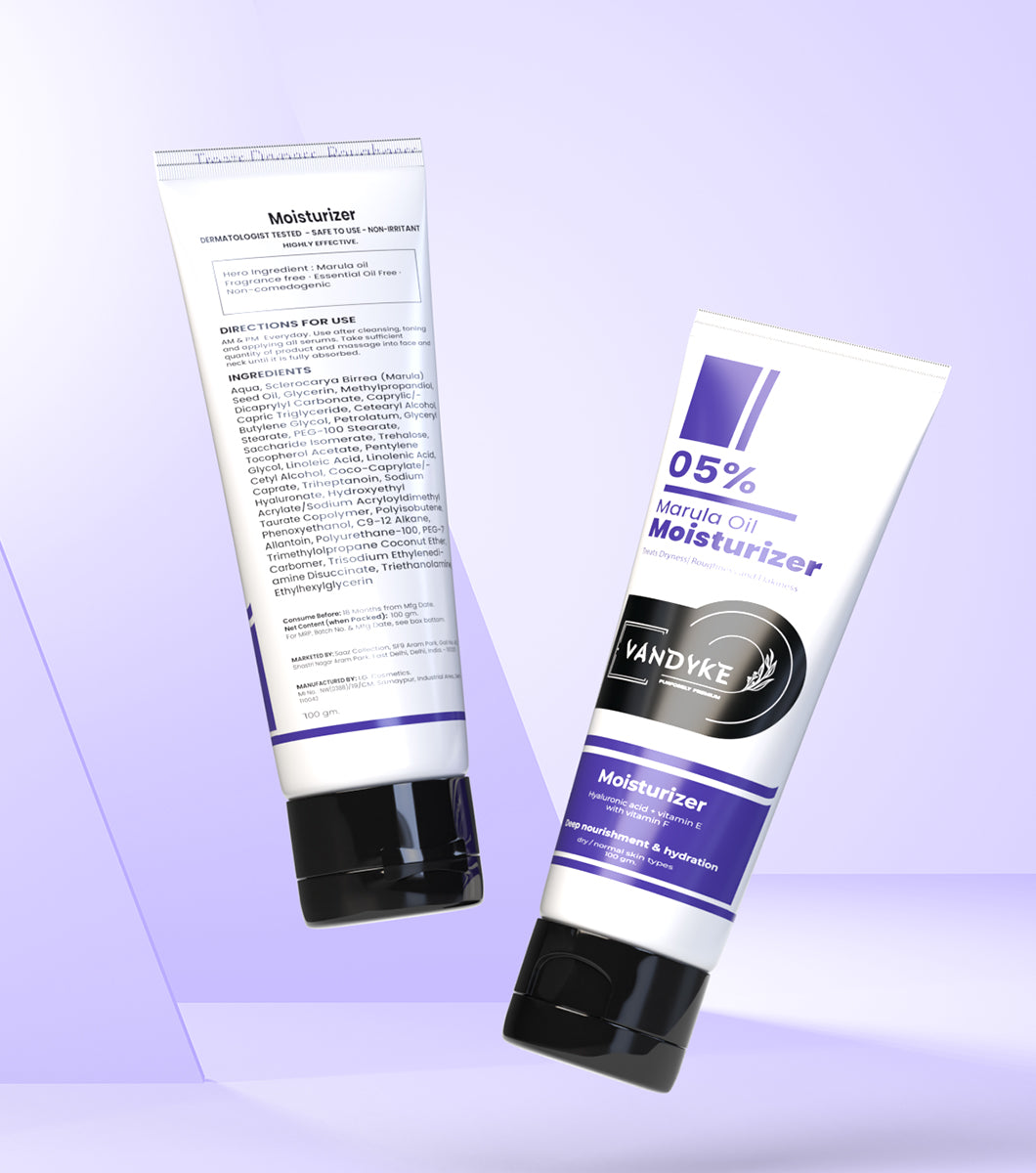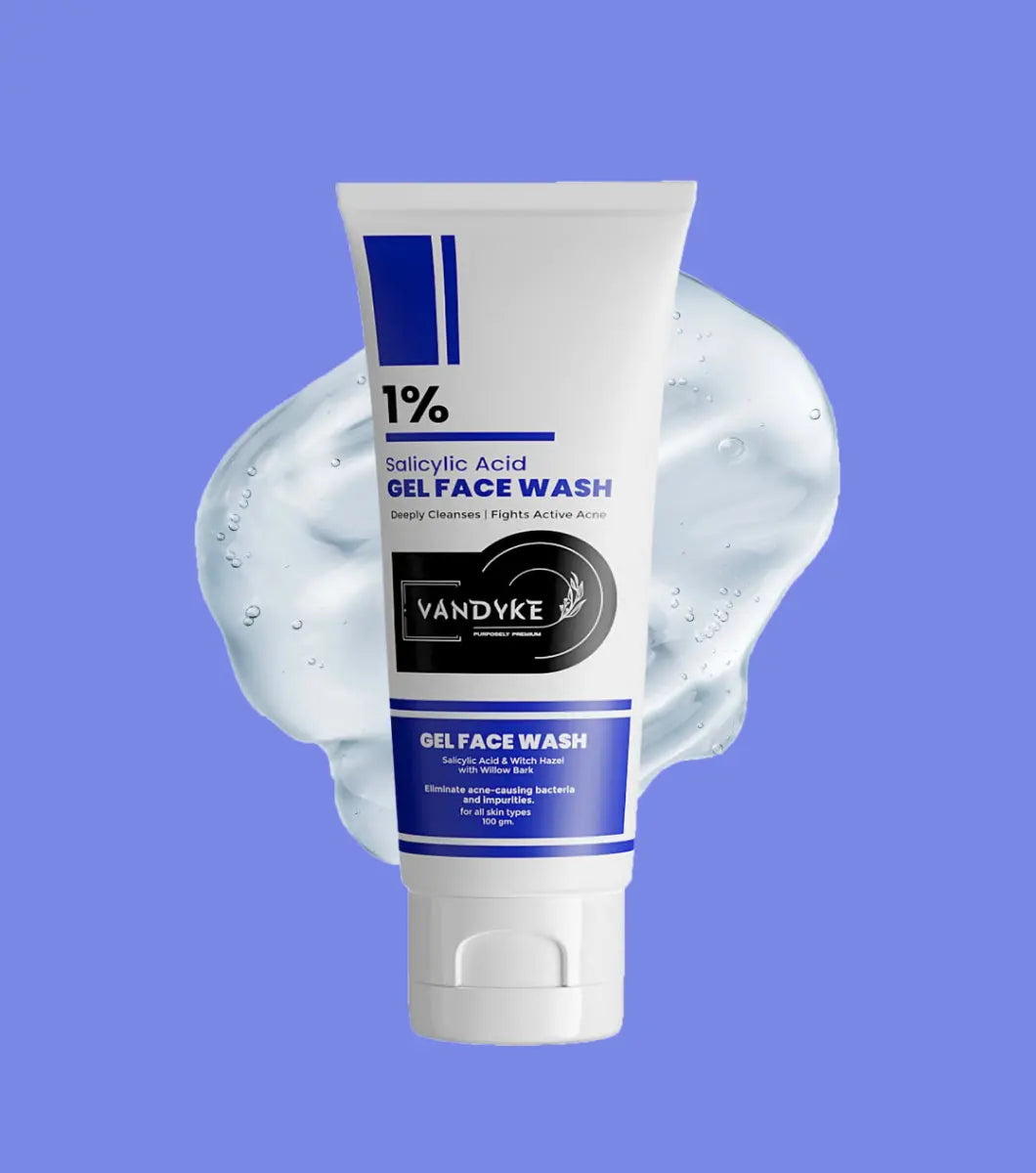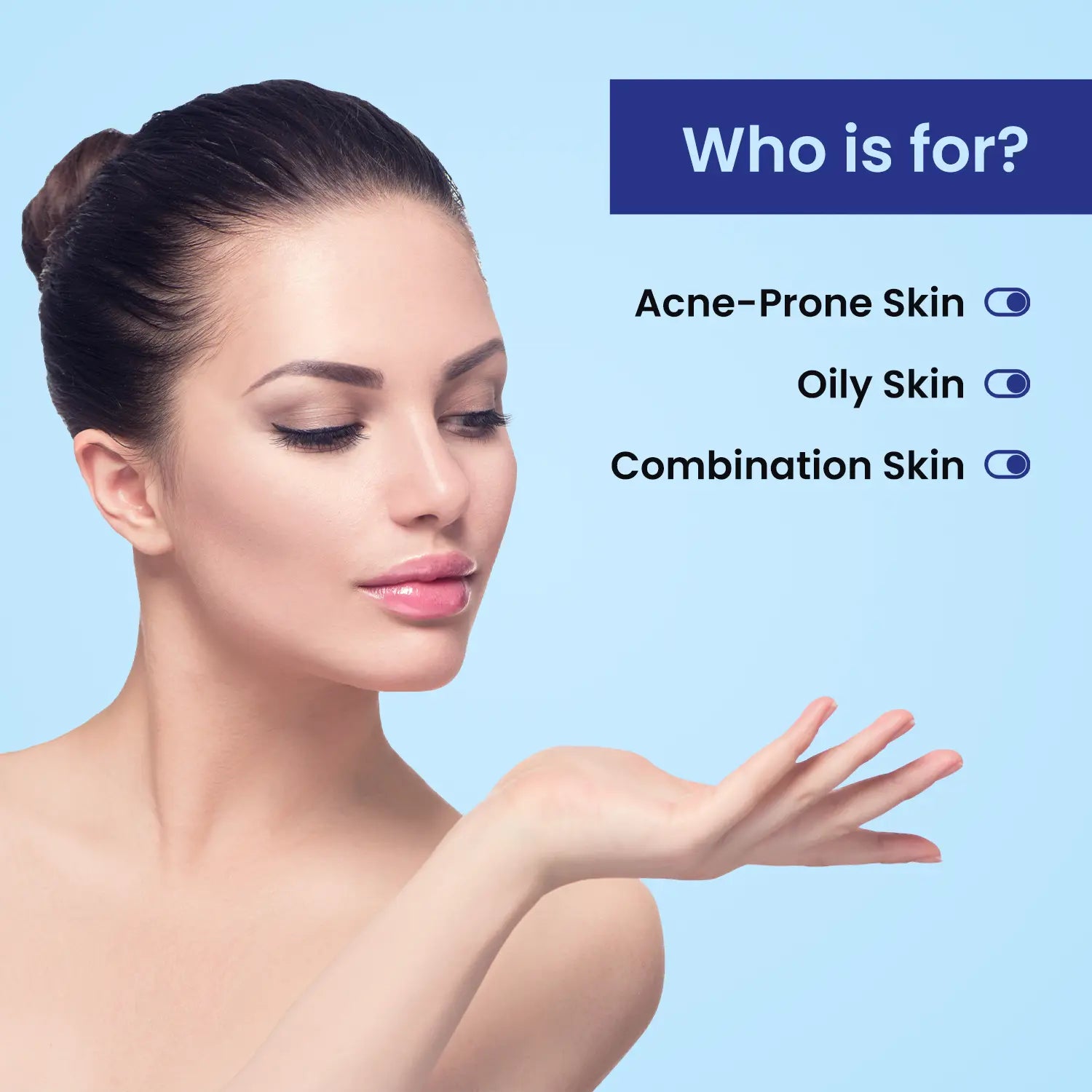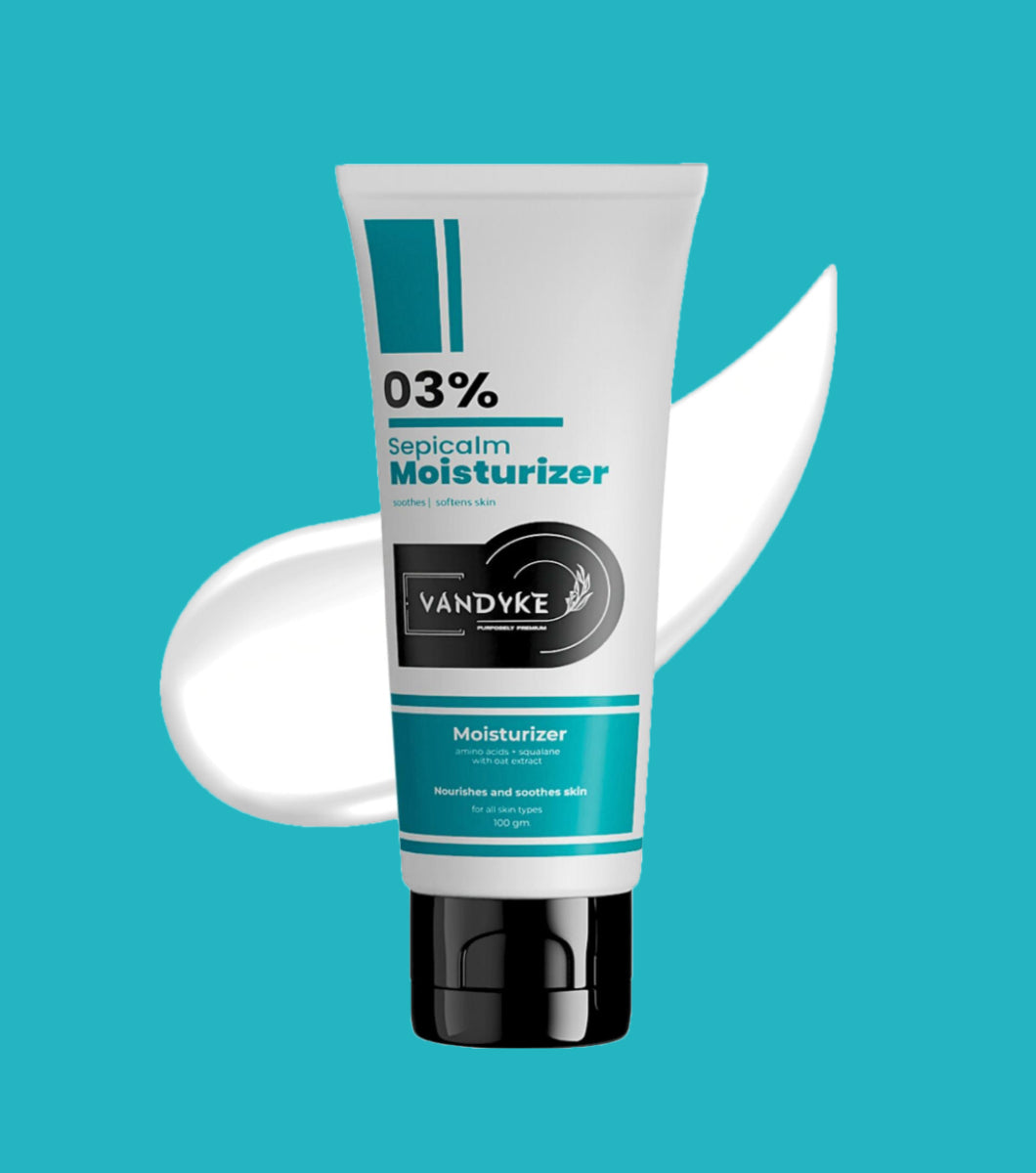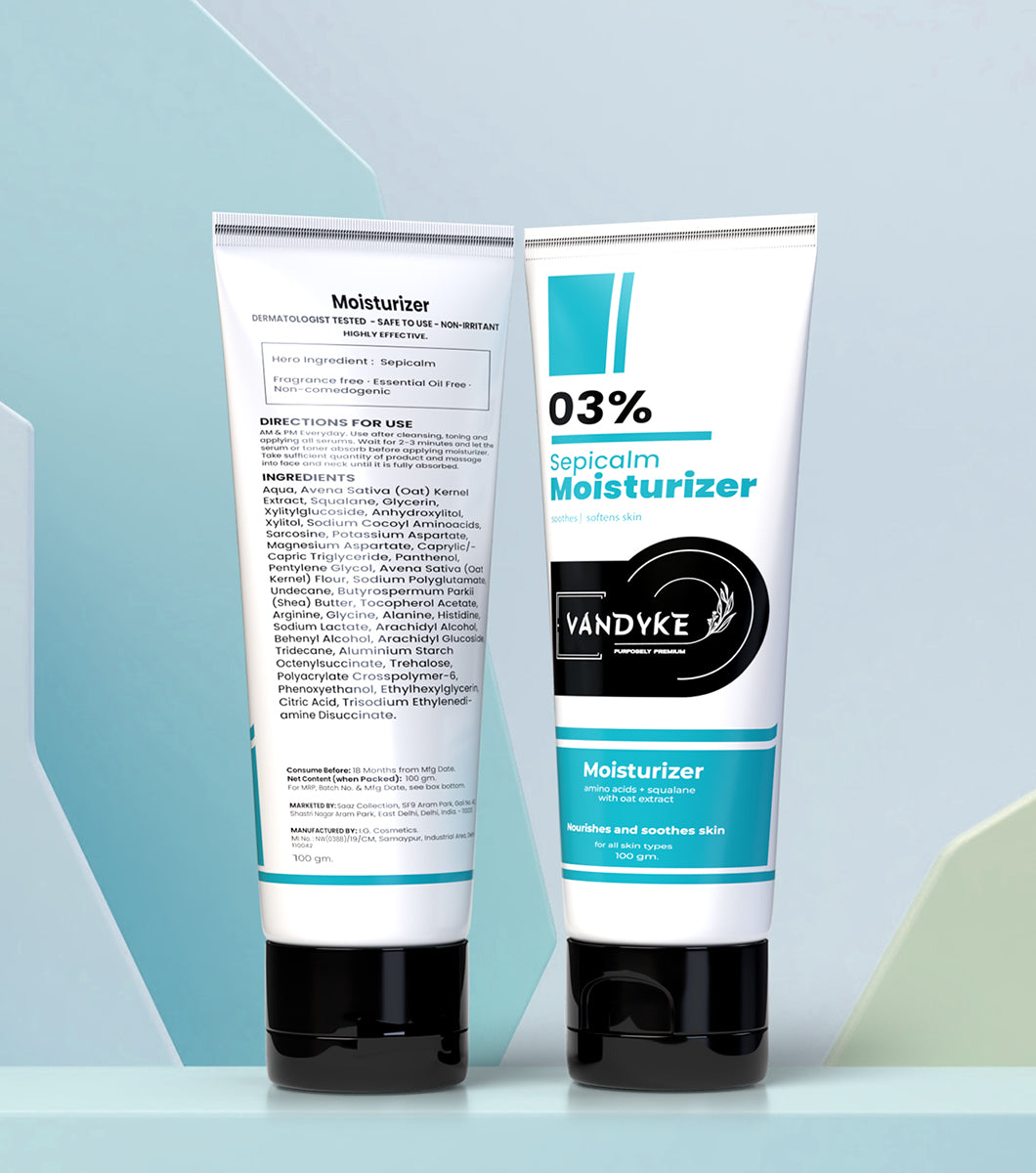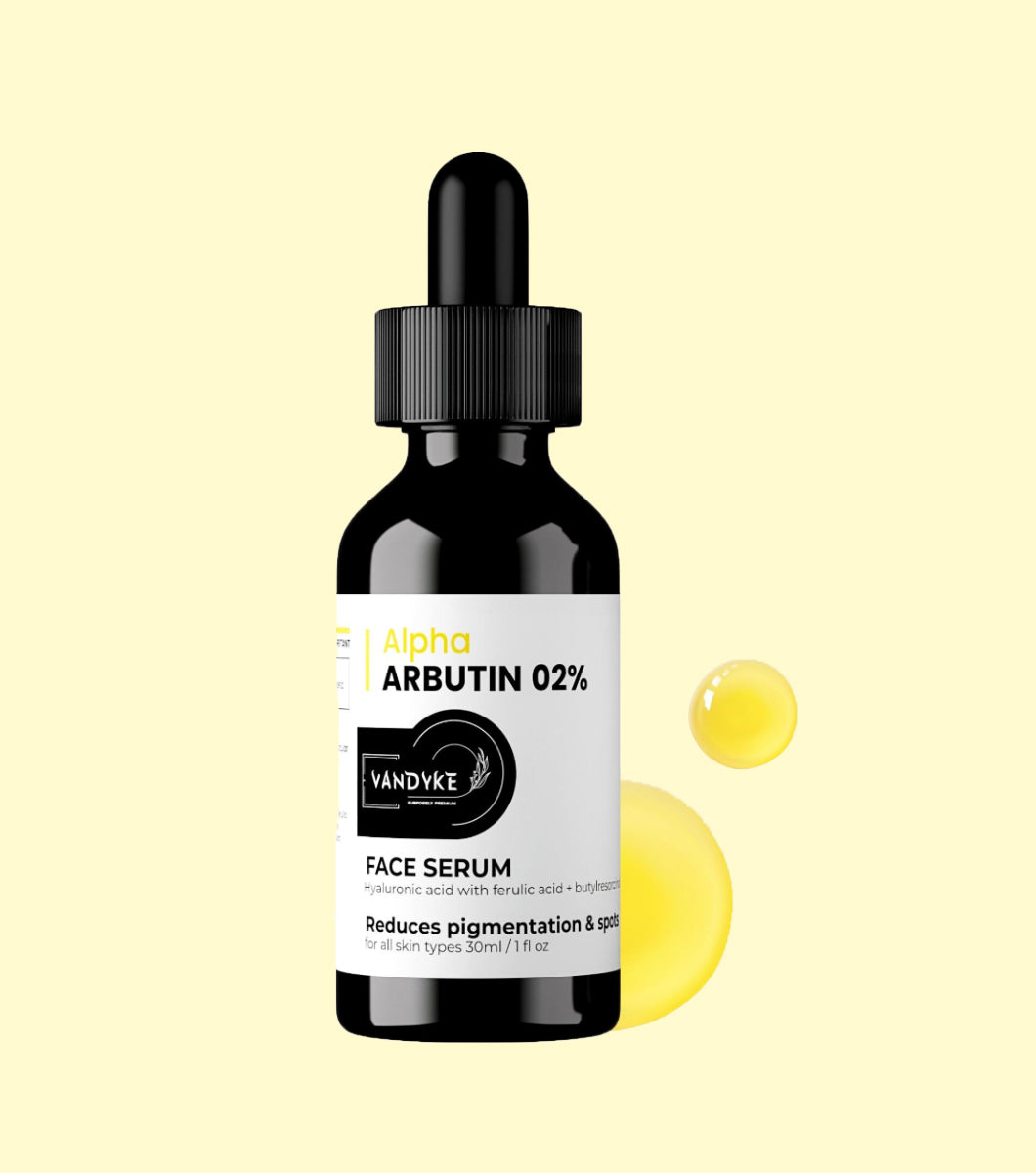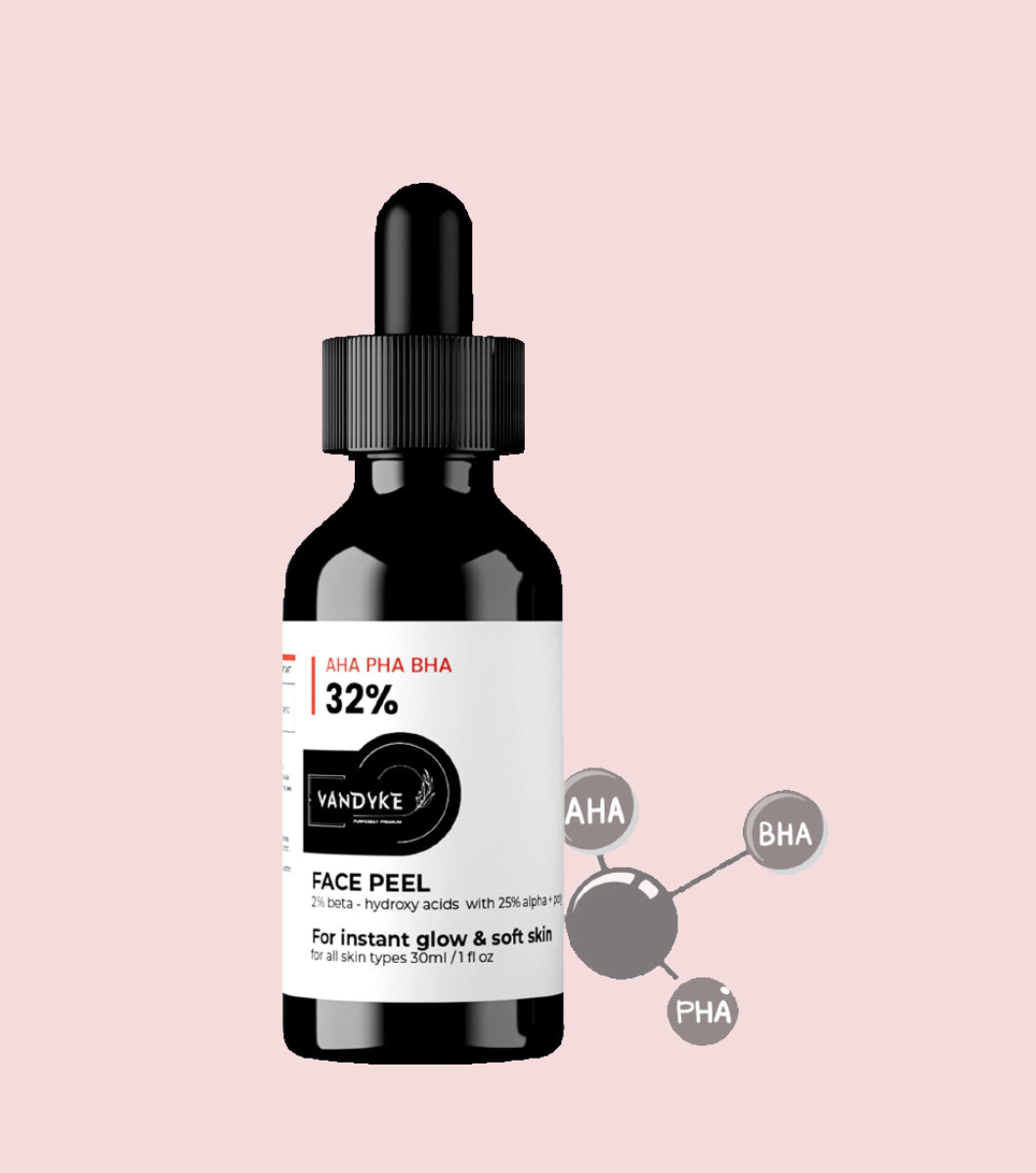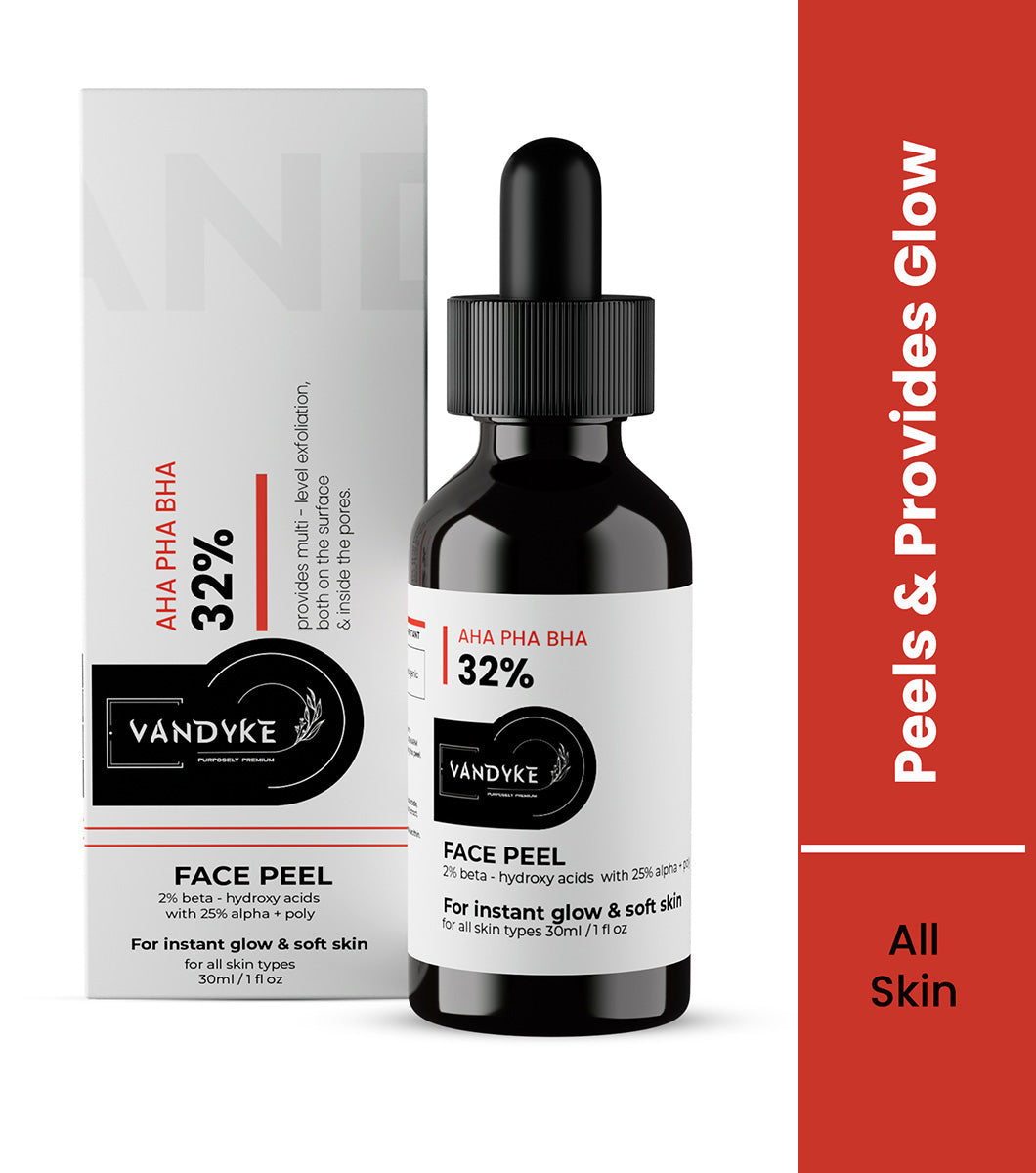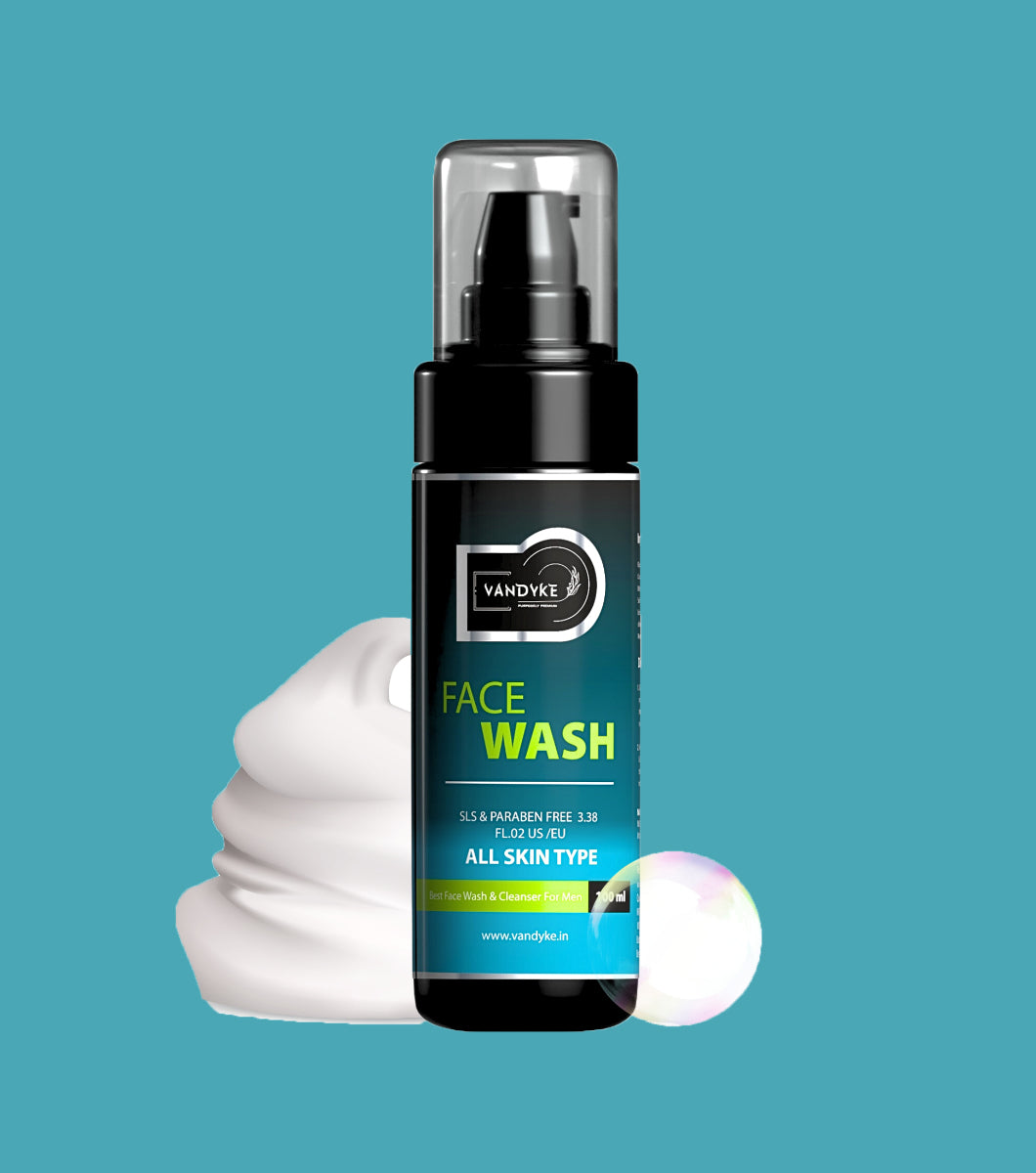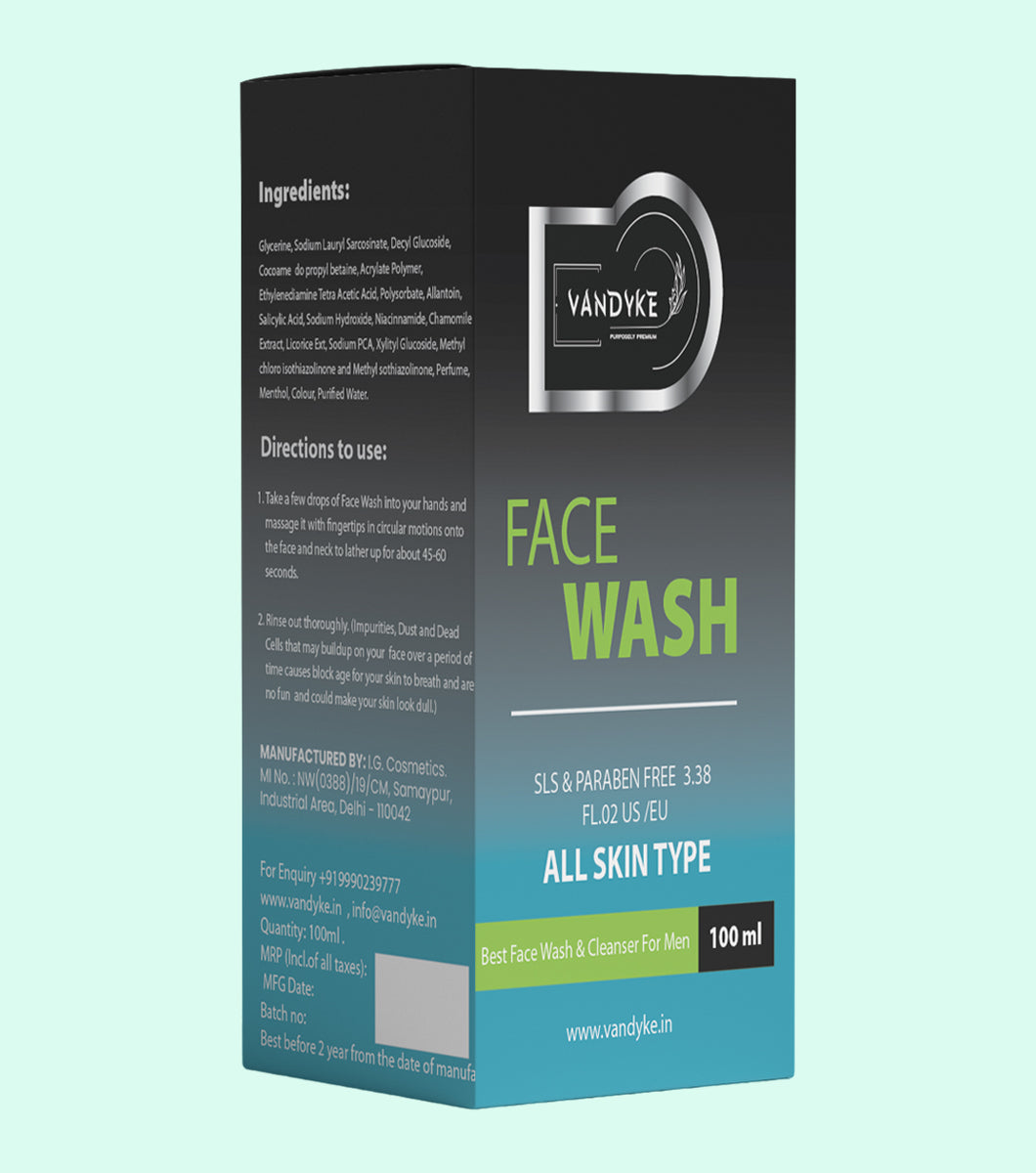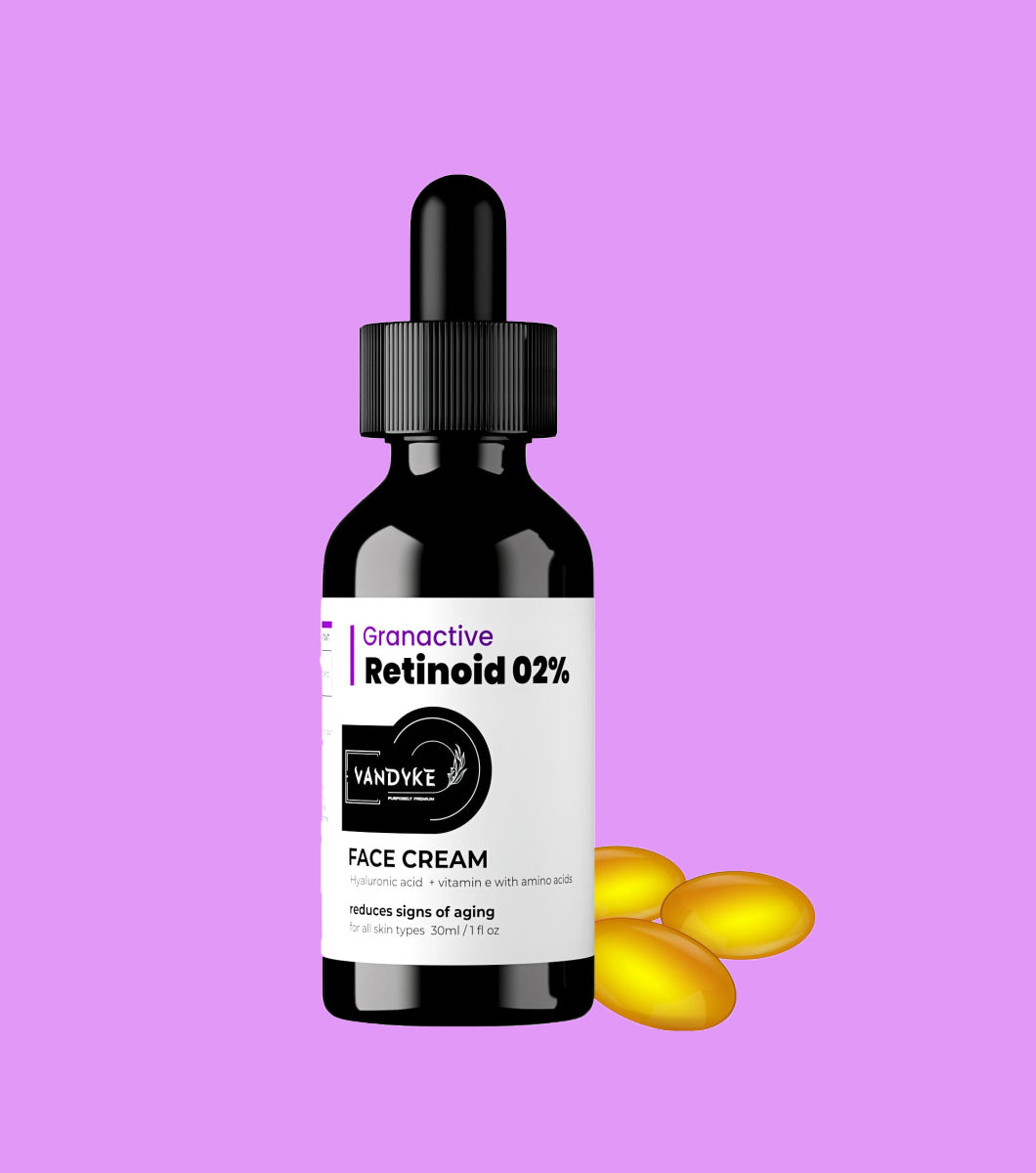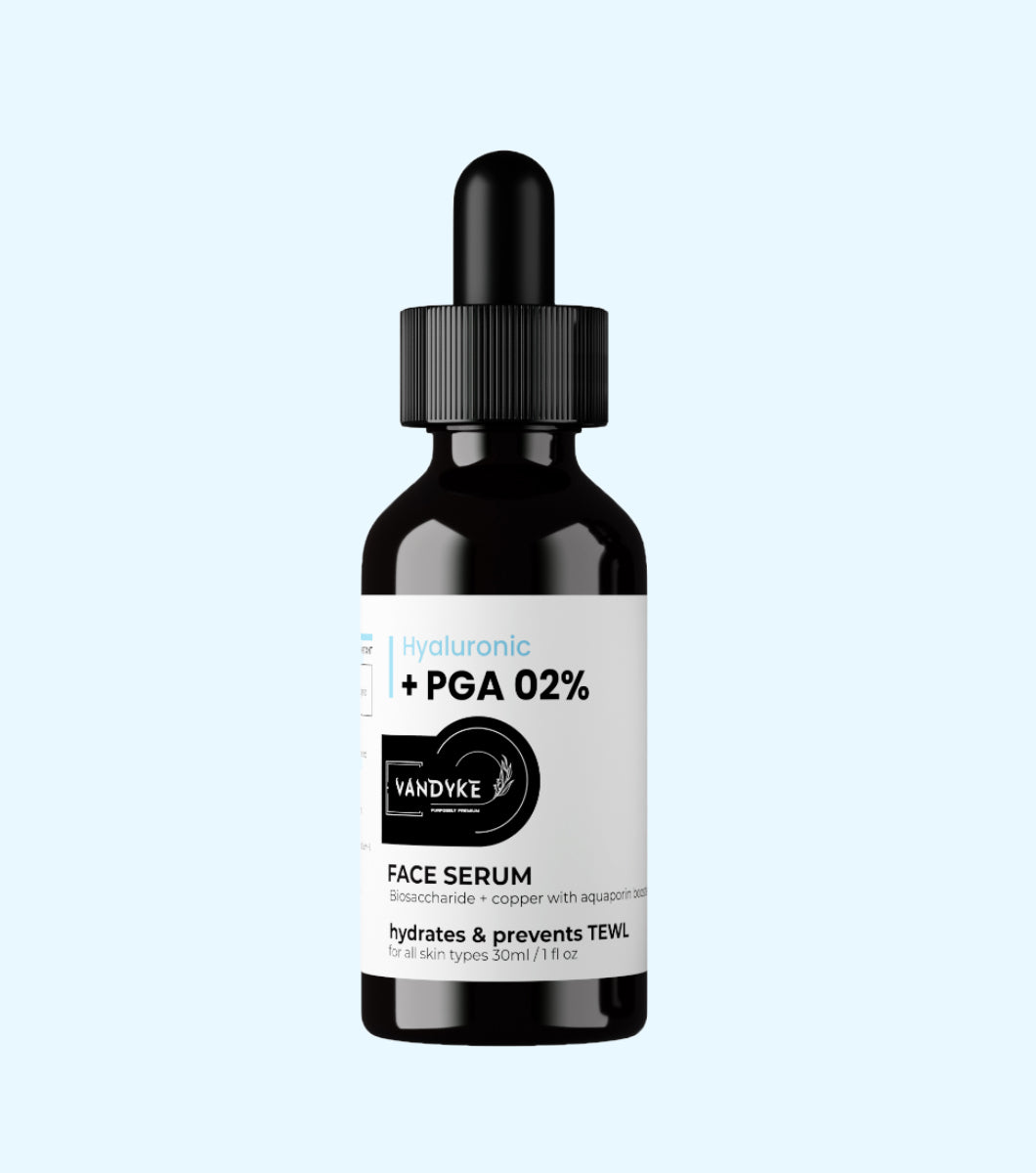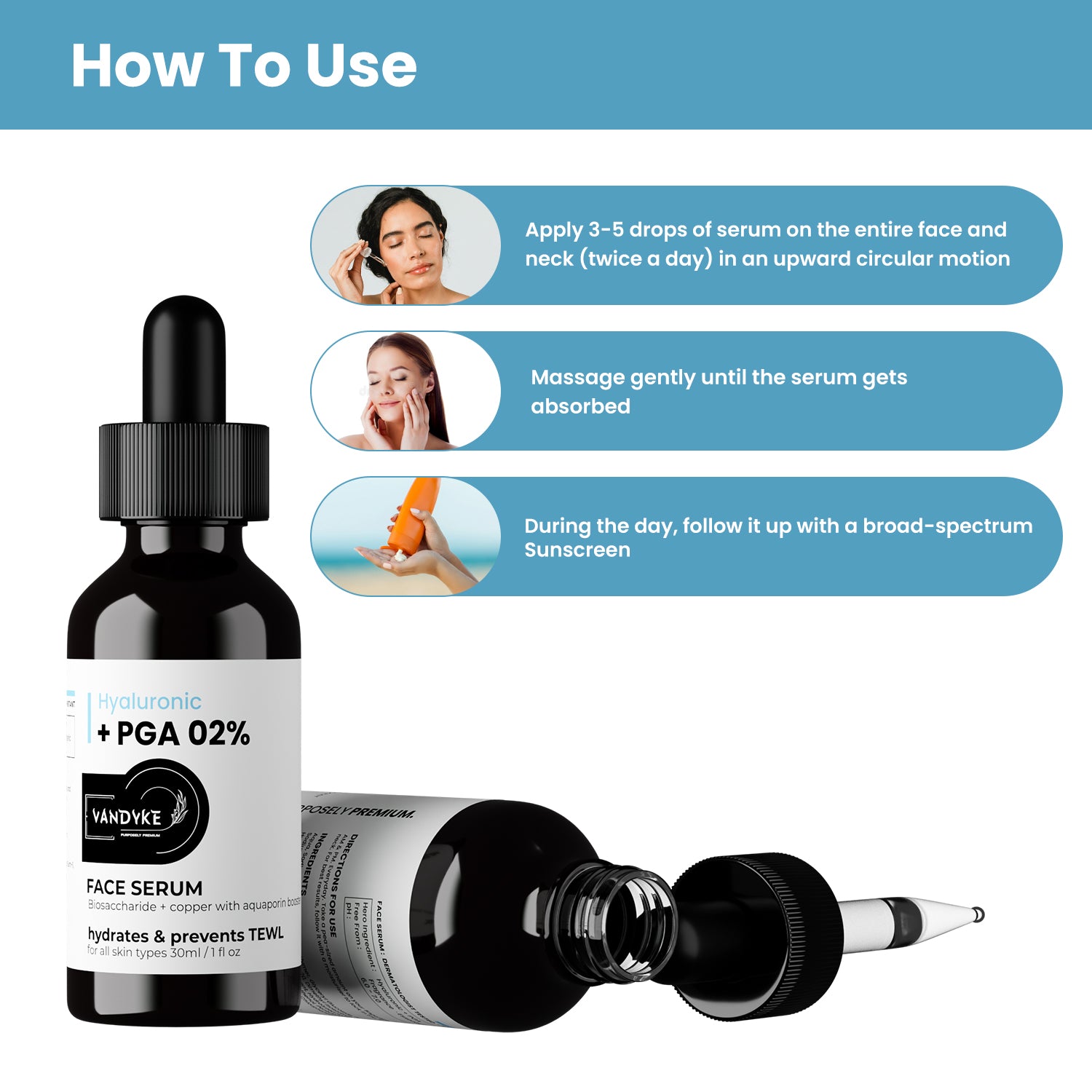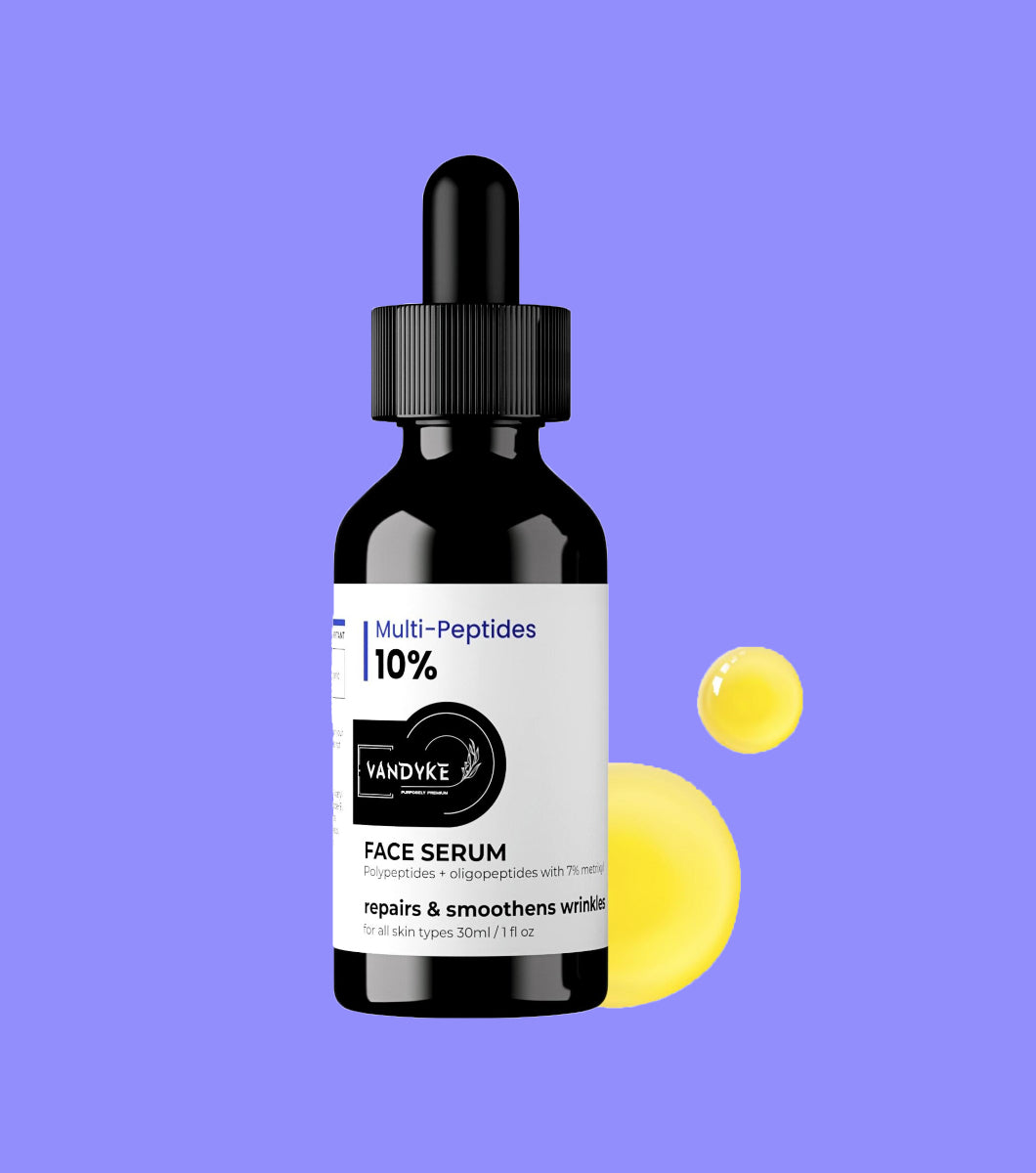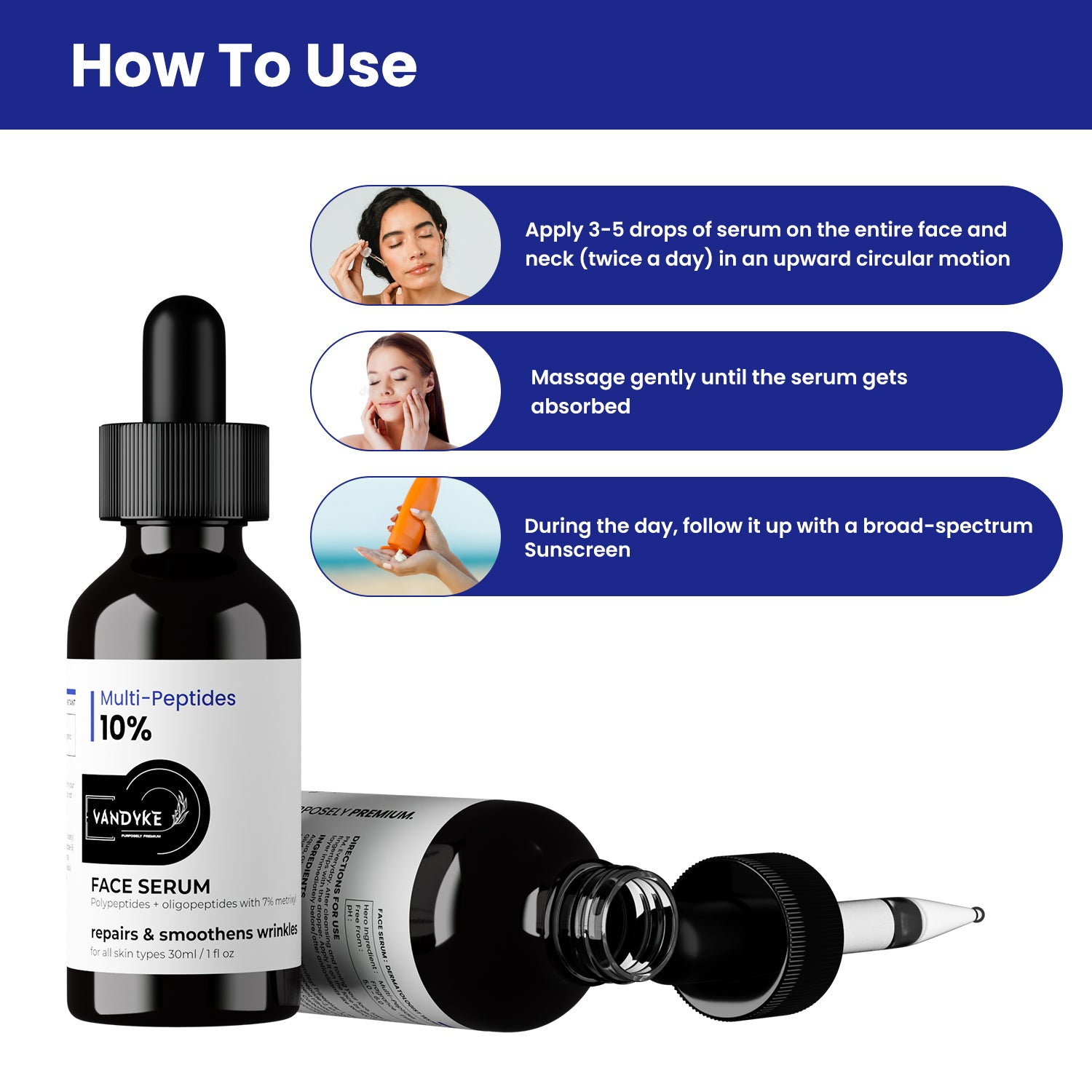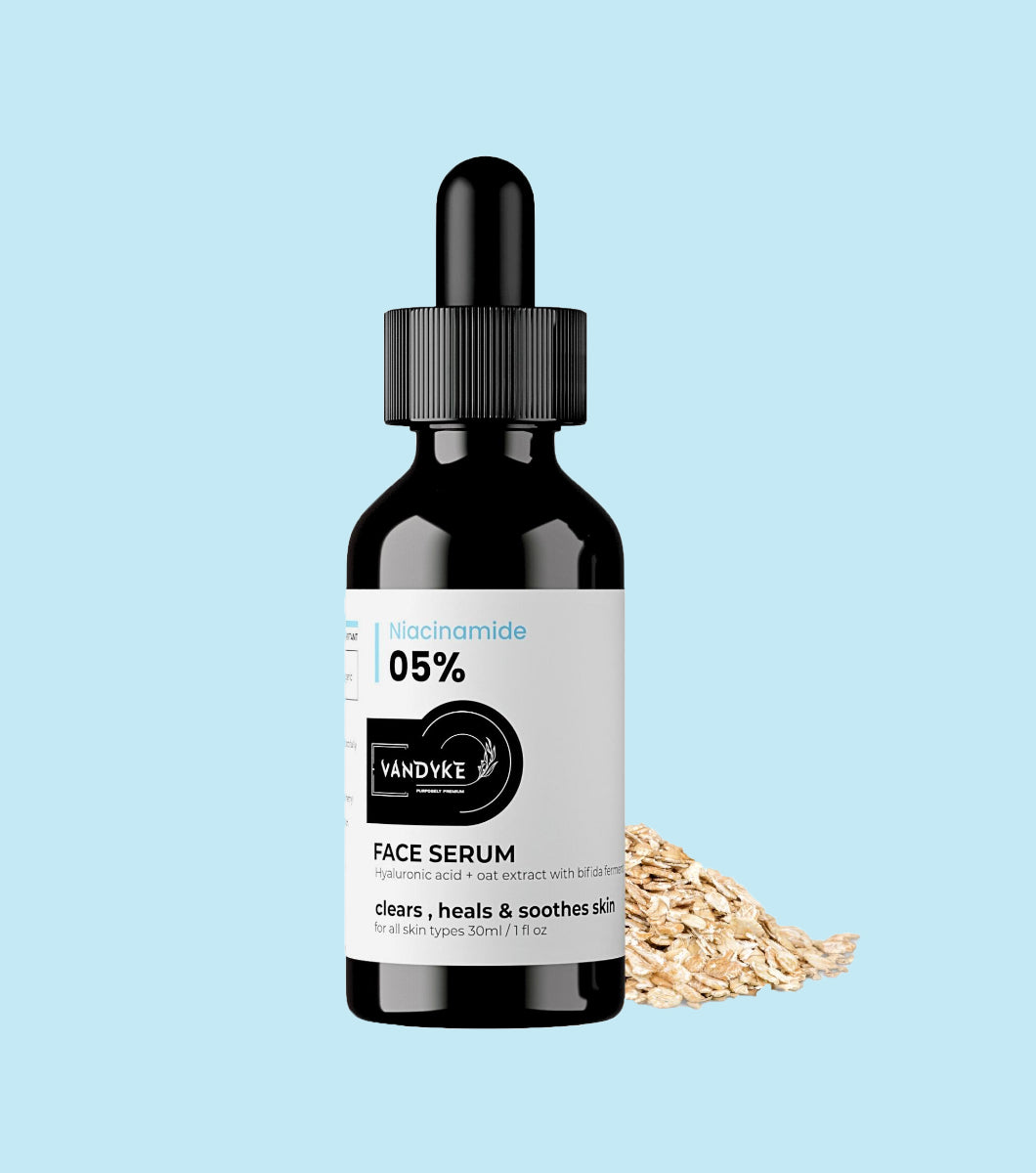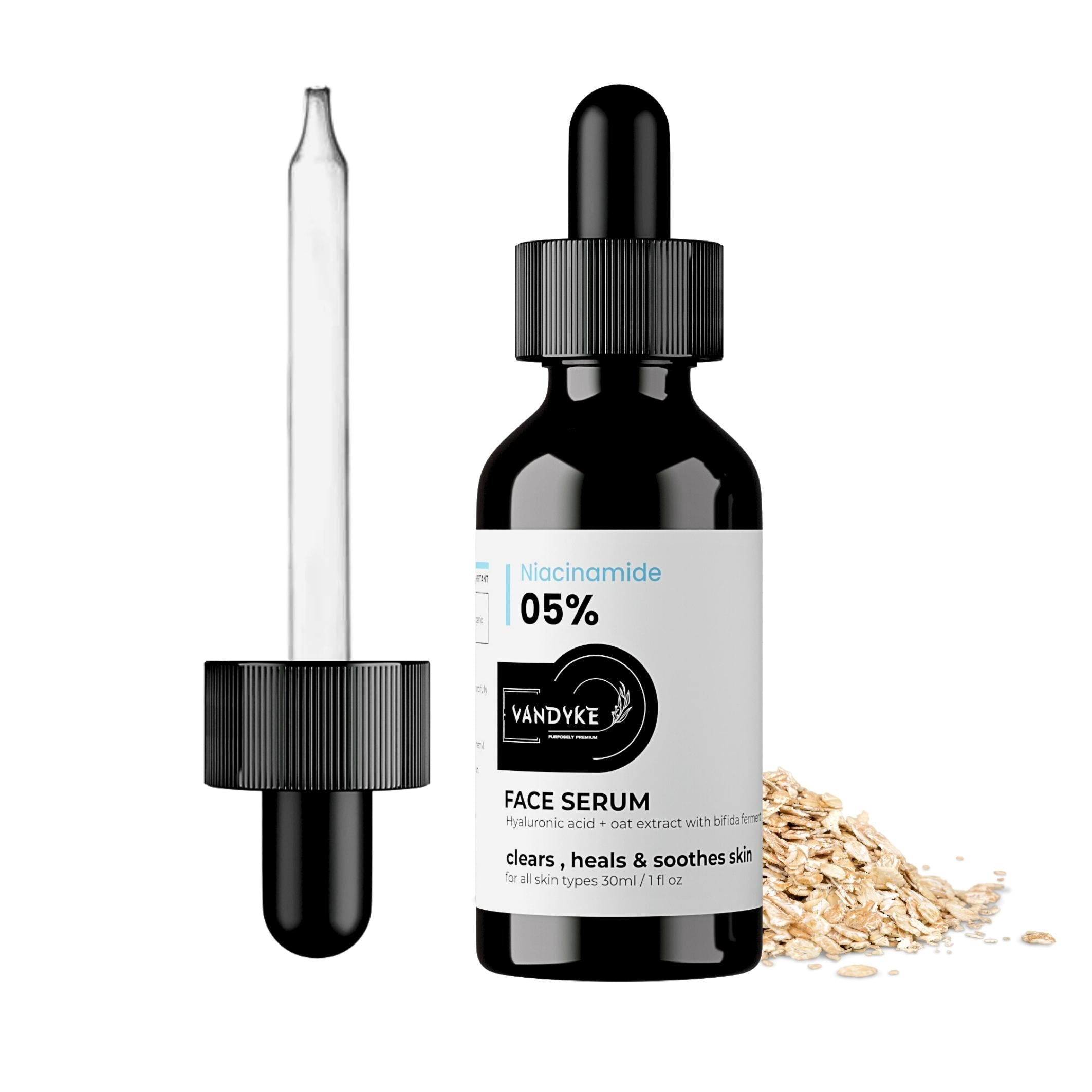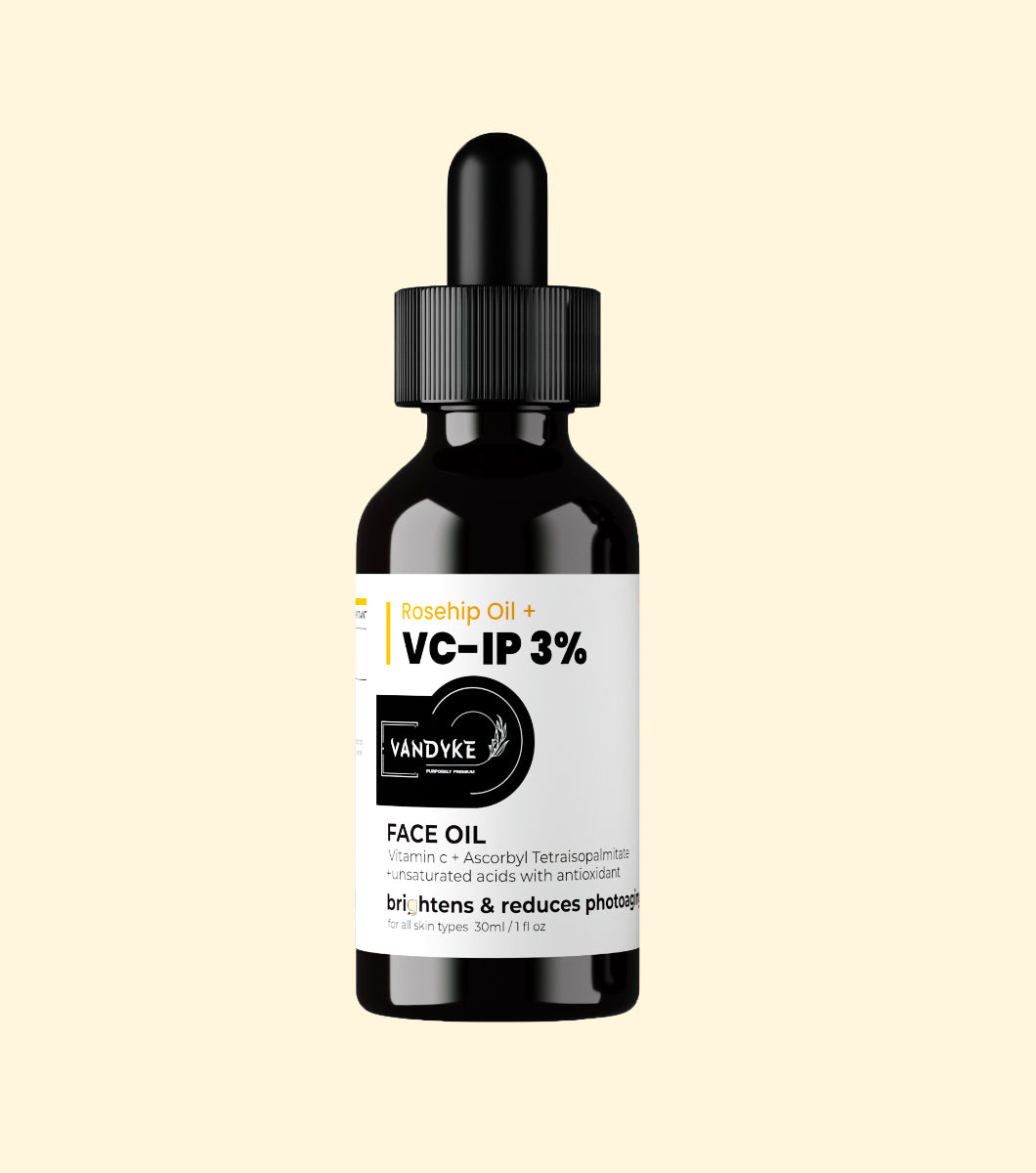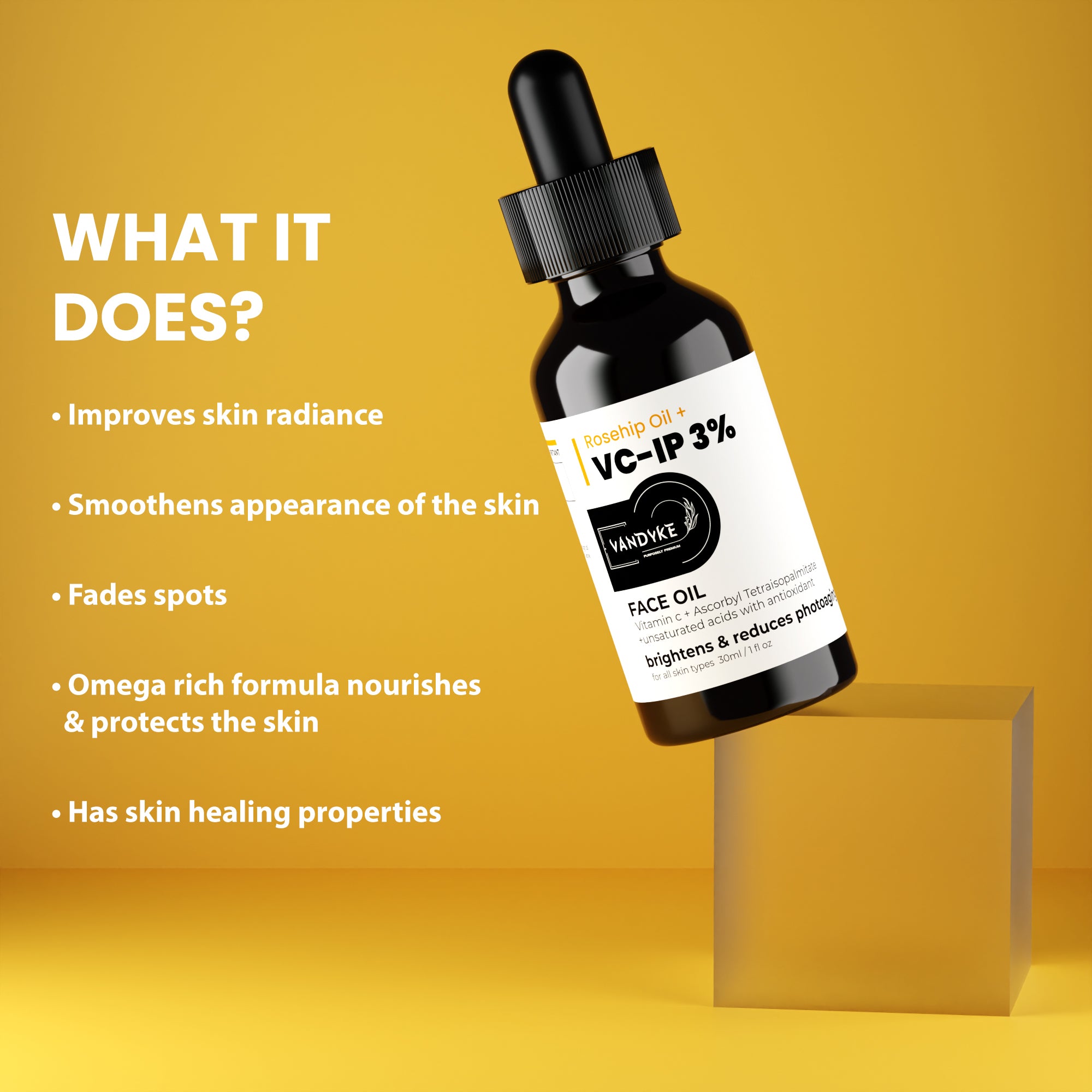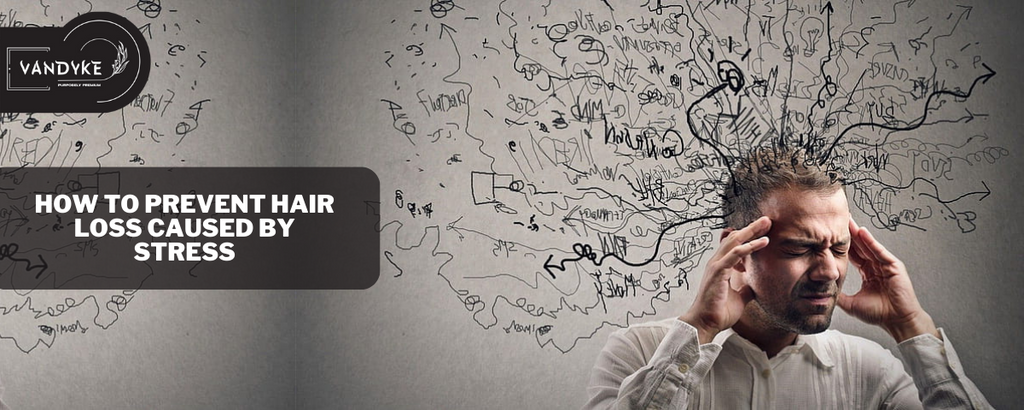
How to Prevent Hair Loss Caused by Stress

How to Prevent Hair Loss Caused by Stress
A prevalent worry that affects people of all ages and genders is hair loss. While it’s natural to lose a certain amount of hair each day, excessive hair loss can be distressing. One factor that often goes overlooked is stress. Your total health, including your hair, might suffer from stress.
In this article, vandyke will delve into the relationship between stress and hair loss, and provide practical tips to help you prevent hair loss caused by stress.
What is the connection between hair loss and stress?
Stress is a natural response to challenging situations, but it’s worth noting that it can have a significant impact on your hair. The connection between stress and hair loss lies in its disruption of the hair growth cycle. Essentially, when you’re under chronic stress, it can push more hairs into the shedding phase, known as telogen. This, in turn, leads to increased hair fall and thinning.
Cortisol, the stress hormone, also plays a role in this. Elevated cortisol levels can contribute to hair follicle miniaturization, where hair follicles shrink and produce finer, shorter strands of hair. Eventually, this process results in visible hair thinning. It’s essential to manage stress not only for your overall well-being but also to maintain healthy and luscious locks.
Types of hair loss associated with stress
Hair loss has many reasons, if you are having hair loss it doesn’t mean that it can be caused by stress. Although there are three types of hair fall the can be reason by stress
Telogen Effluvium
Telogen effluvium, or TE, is a condition where the number of hair follicles actively growing hair during the resting phase of the hair growth cycle changes, resulting in hair loss. This hair thinning may not be uniform across the entire scalp but can manifest in patches, particularly around the scalp area. It can also impact hair in other areas of the body, such as the eyebrows or the genital region. TE stands as the second most prevalent type of hair loss, affecting both men and women of all ages. The good news is that it is entirely reversible and doesn’t cause permanent damage to hair follicles. The duration it takes for hair to regrow depends on the underlying cause of TE, which can vary from shorter to longer periods.
Alopecia Areata
Telogen effluvium, or TE, is a condition where the growth of hair undergoes alterations during the resting phase of the hair growth cycle, resulting in hair loss. This thinning can manifest in patches, especially around the scalp, eyebrows, or genital area. TE stands as the second most prevalent form of hair loss, impacting both men and women of all ages. The good news is that it’s entirely reversible and doesn’t cause permanent harm to hair follicles. The duration it takes for hair to regrow depends on the underlying cause, which can vary from shorter to longer periods.
Trichotillomania
Trichotillomania, which is also referred to as hair pulling disorder, is an impulse control disorder characterized by a strong urge to pluck out hair from the scalp or other parts of the body. This action can happen either subconsciously or intentionally and is often used as a way to alleviate stress or cope with negative emotions. Trichotillomania typically emerges during the teenage years and can persist throughout a person’s life. Research has even suggested that there may be a genetic component contributing to its development.
Tips to Prevent Hair Loss Caused by Stress
Practice Stress Management Techniques
Incorporate stress-relief techniques into your daily routine. Meditation, deep breathing exercises, yoga, and mindfulness can help reduce cortisol levels and promote overall well-being.
Regular Exercise
Regular physical activity can help to greatly lower stress. Exercise stimulates the release of endorphins, which are natural mood lifters, and helps improve blood circulation to the scalp.
Balanced Diet
For good hair development, a nutrient-rich, vitamin and mineral-rich diet is crucial. Include foods high in biotin, vitamins A and E, and omega-3 fatty acids. These nutrients support hair follicles and promote growth.
Adequate Sleep
Prioritize getting enough sleep each night. Sleep is crucial for the body to repair and regenerate, including hair follicles.
Hydration
To keep your scalp and hair moisturized, drink lots of water. Hair that is dehydrated is more likely to break and shed.
Avoid Overstyling
Excessive heat, chemical treatments, and tight hairstyles can damage hair and exacerbate hair loss. Opt for gentle hair care practices.
Stay Hygiene-Conscious
In order to avoid blocked hair follicles, keep your scalp clean. Choose a mild shampoo and avoid excessive washing, as it can strip the scalp of natural oils.
Consult a Professional
If you notice significant hair loss, consult a dermatologist or trichologist. They are able to identify the problem’s root cause and provide effective cures.
Additional tip
Vandyke suggests utilizing hair for the enhancement of hair growth and development, particularly through their product, the Vandyke Hair Growth Actives 18% serum. This serum contains key ingredients like redensyl and procapil, which have proven effective in diminishing hair loss and promoting increased hair growth. To obtain this product at the most favorable prices, you can conveniently purchase it from a reputable online store or directly from vandyke.in.



